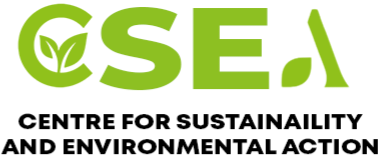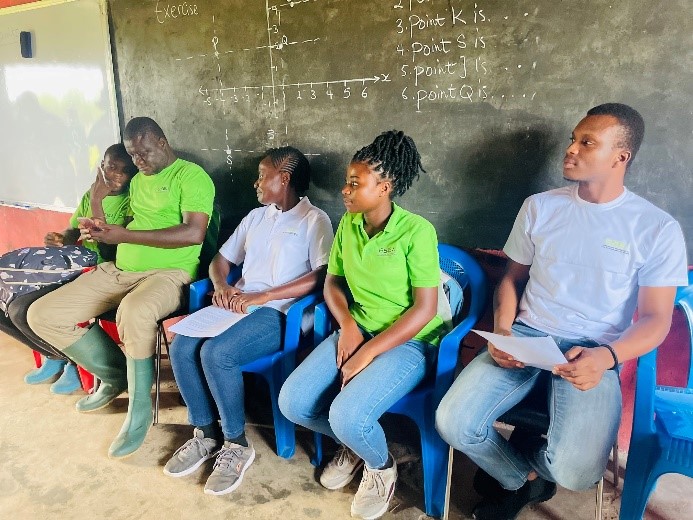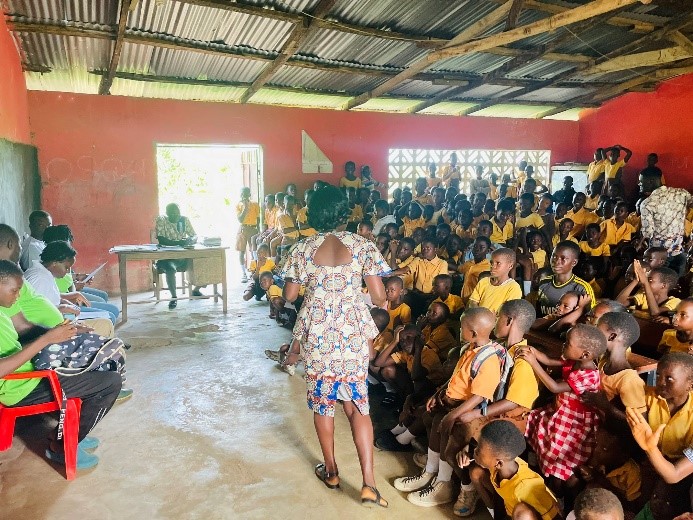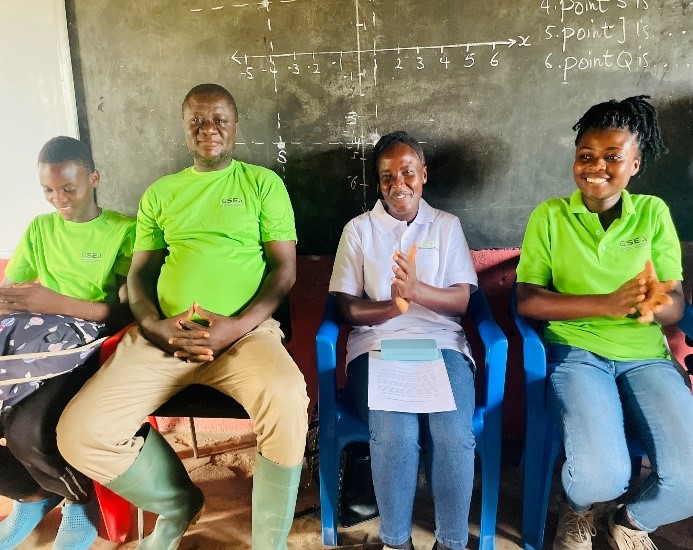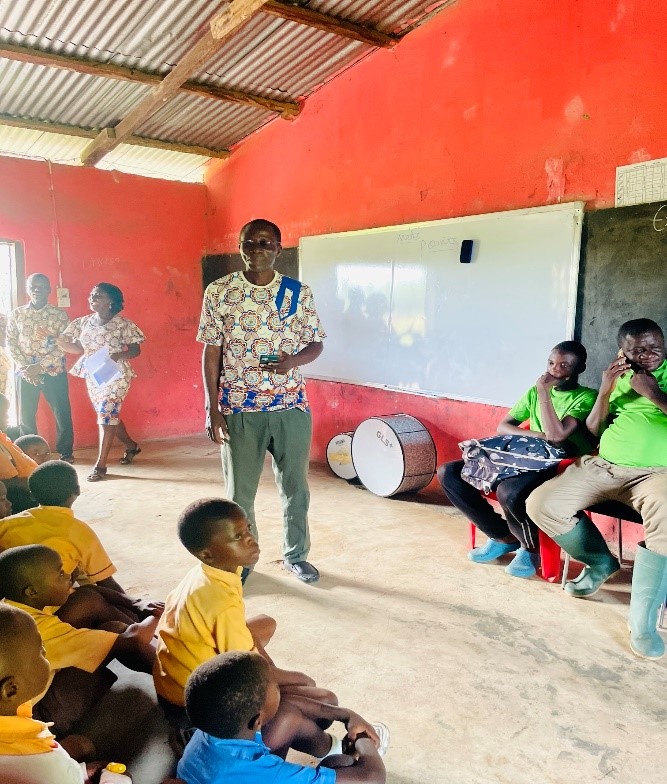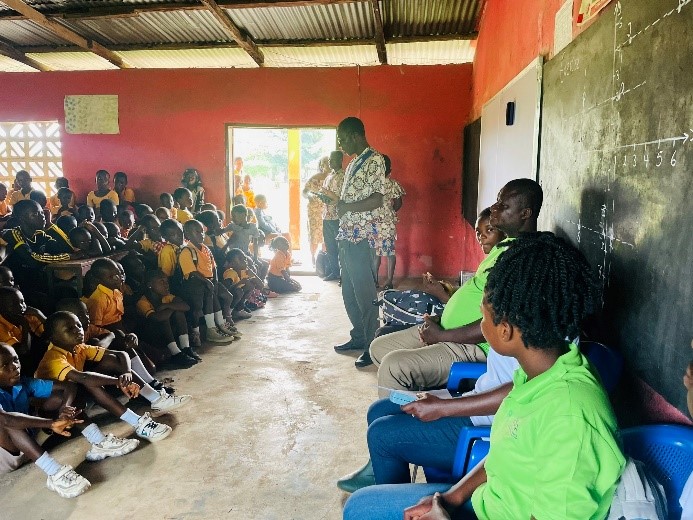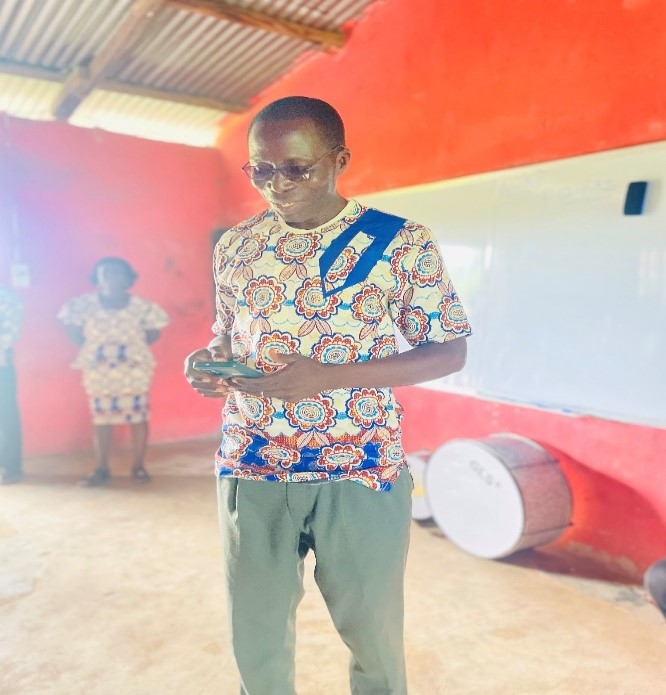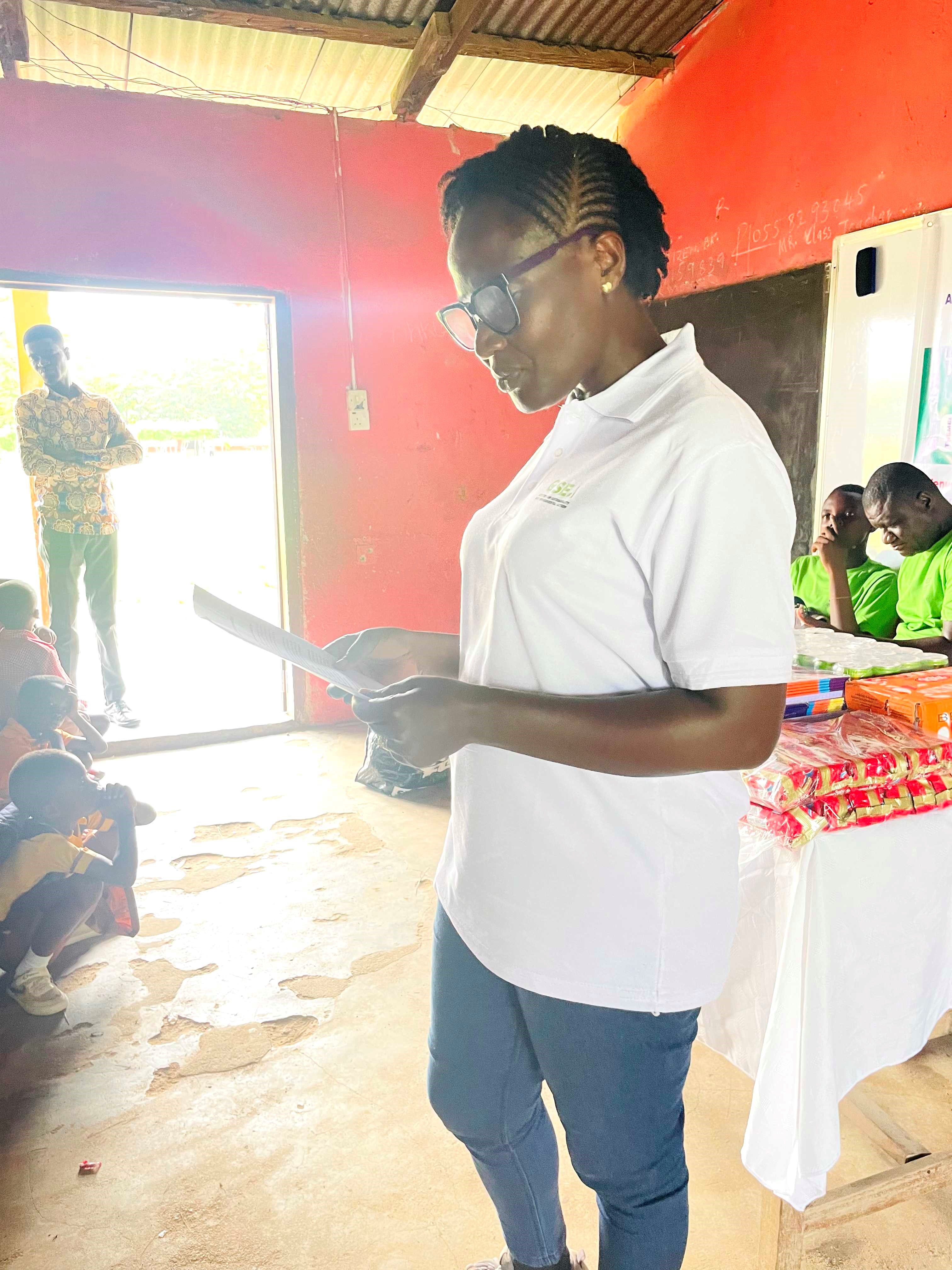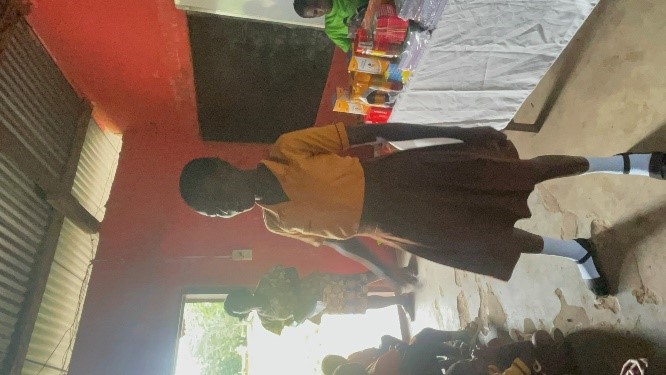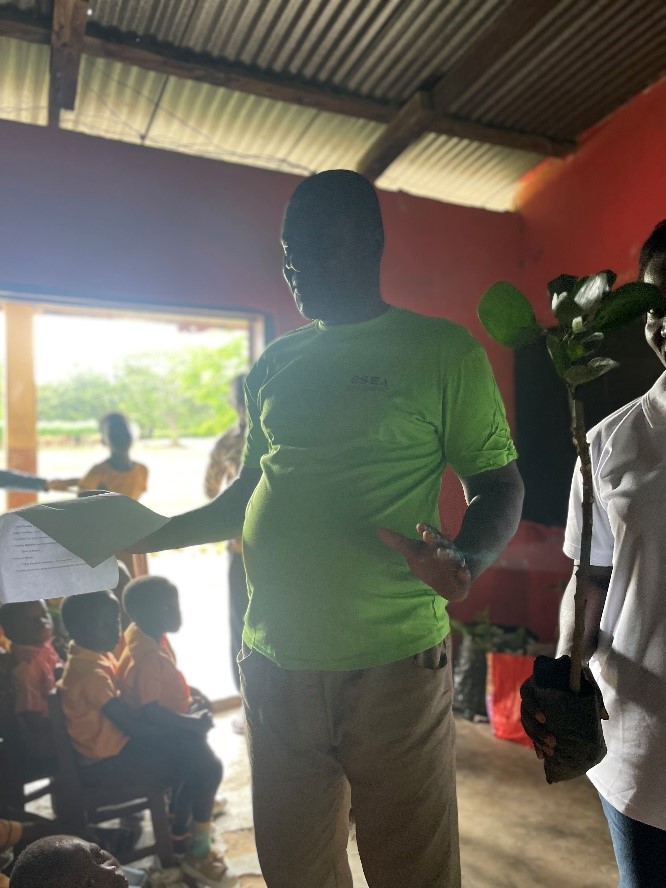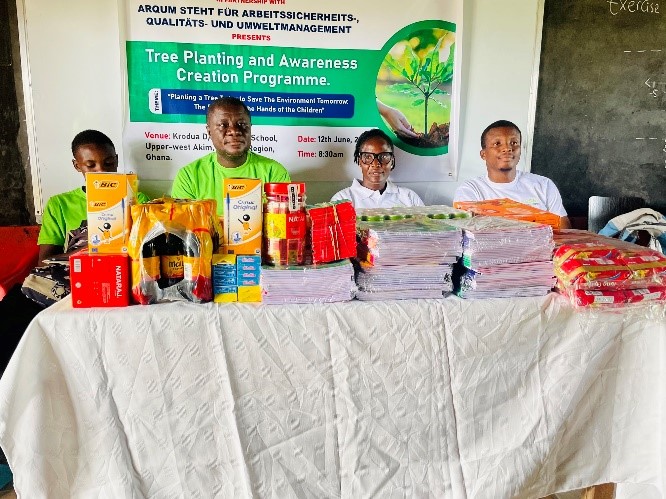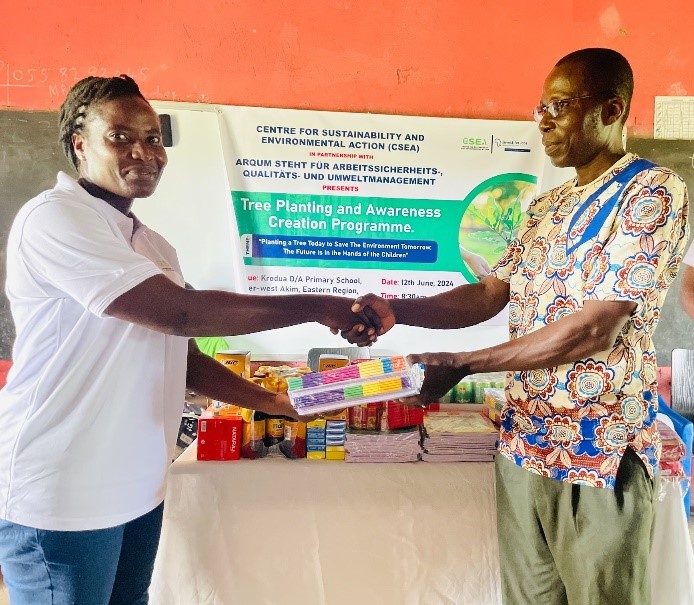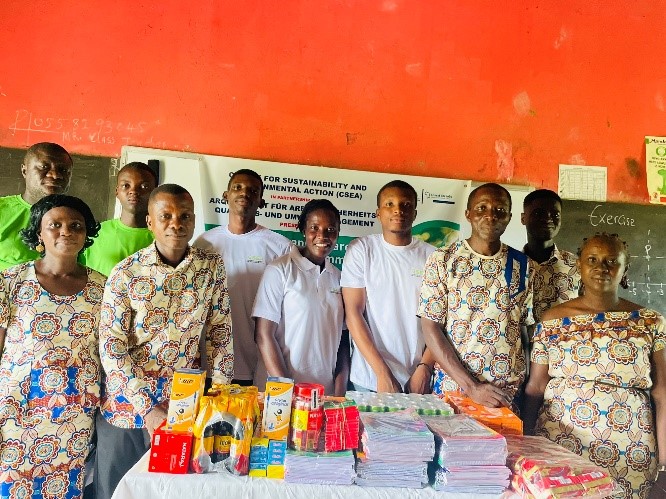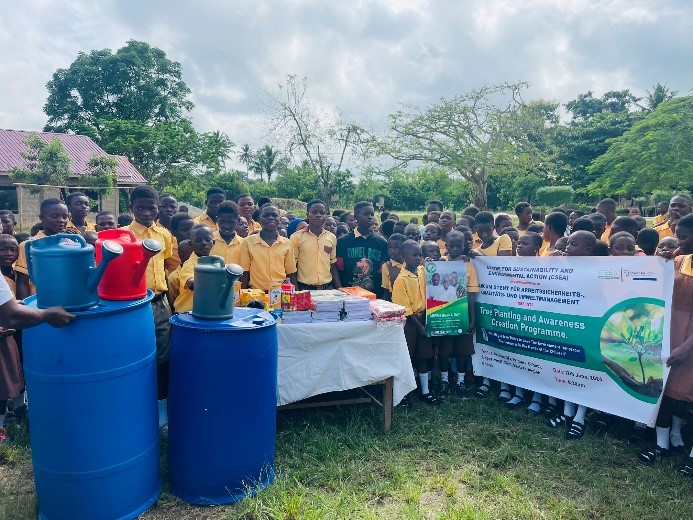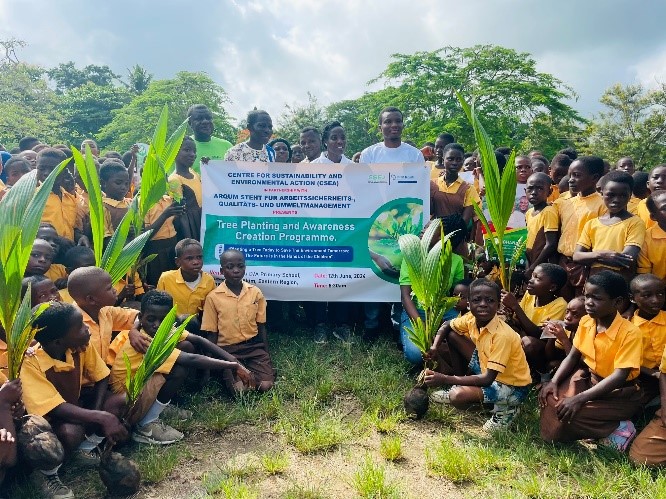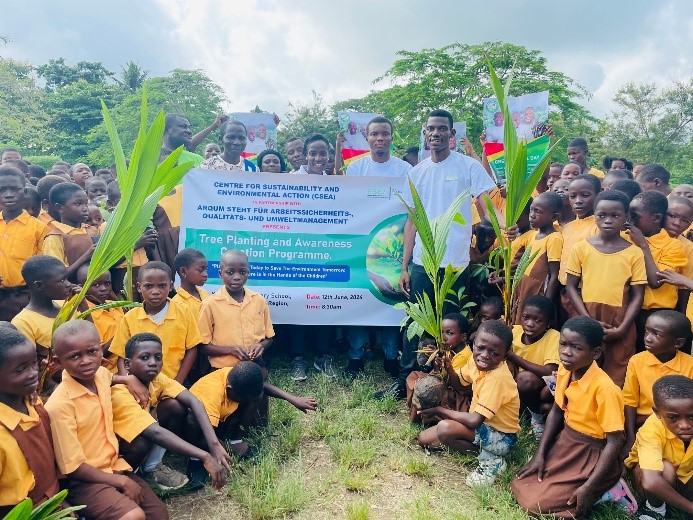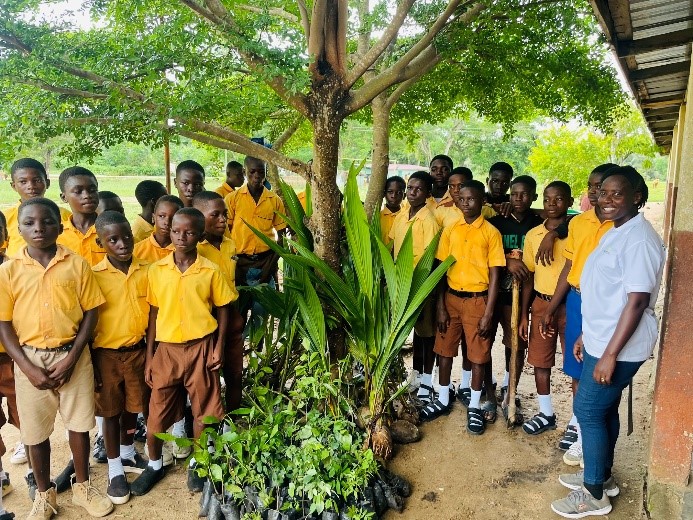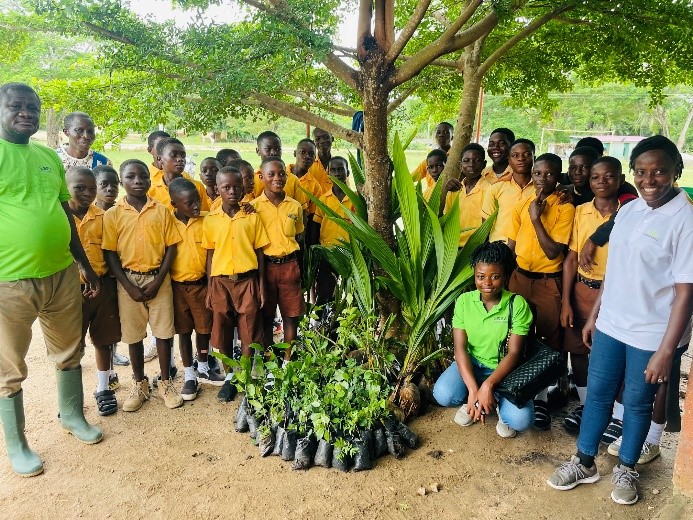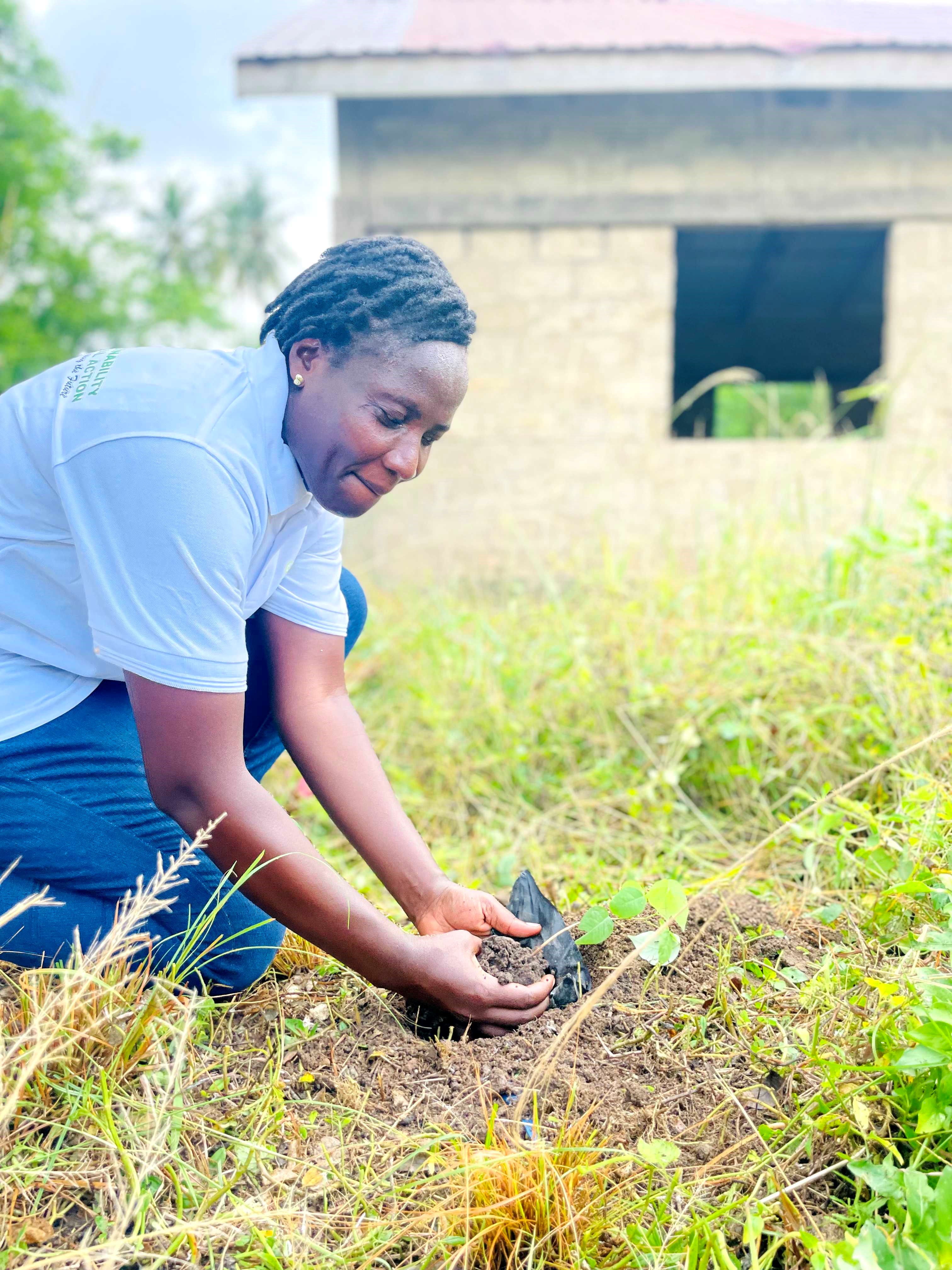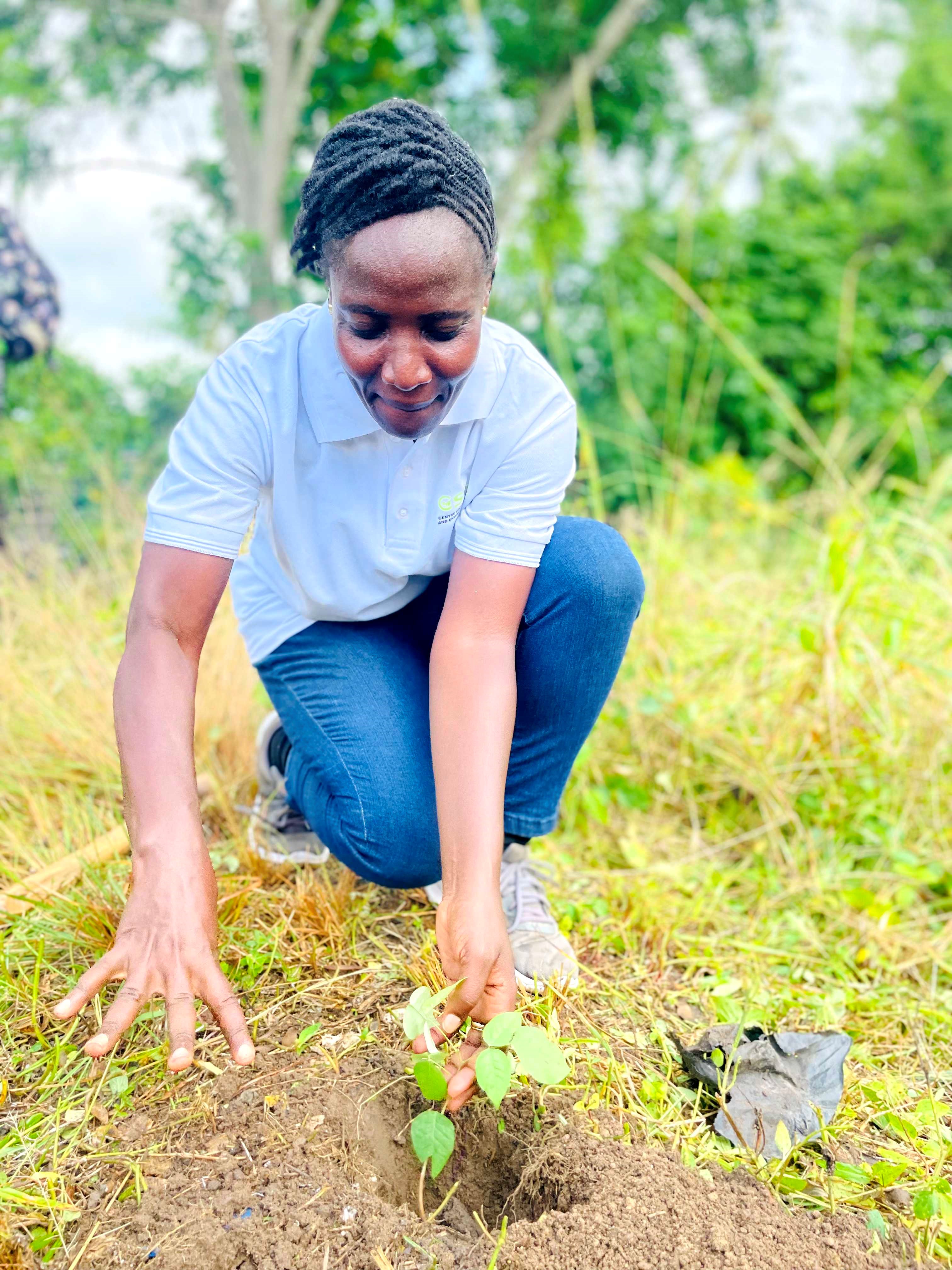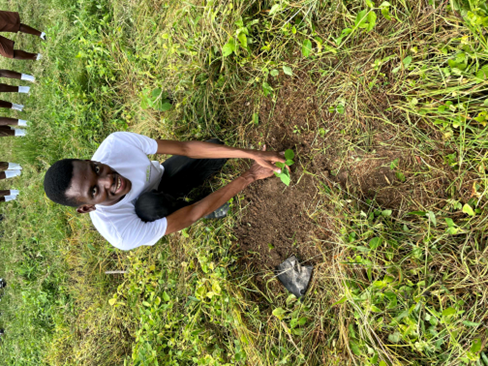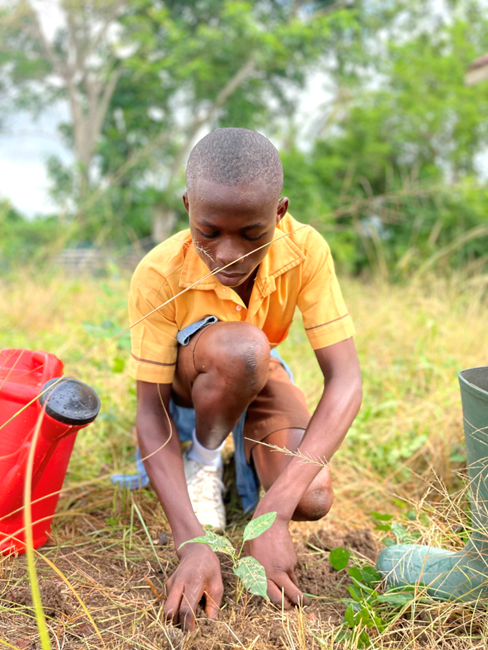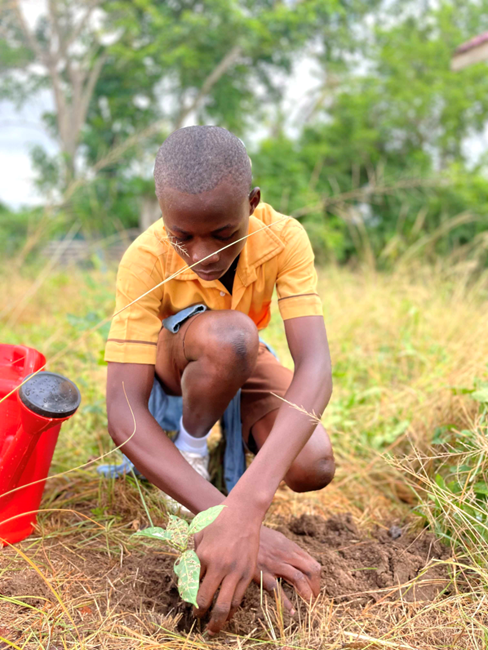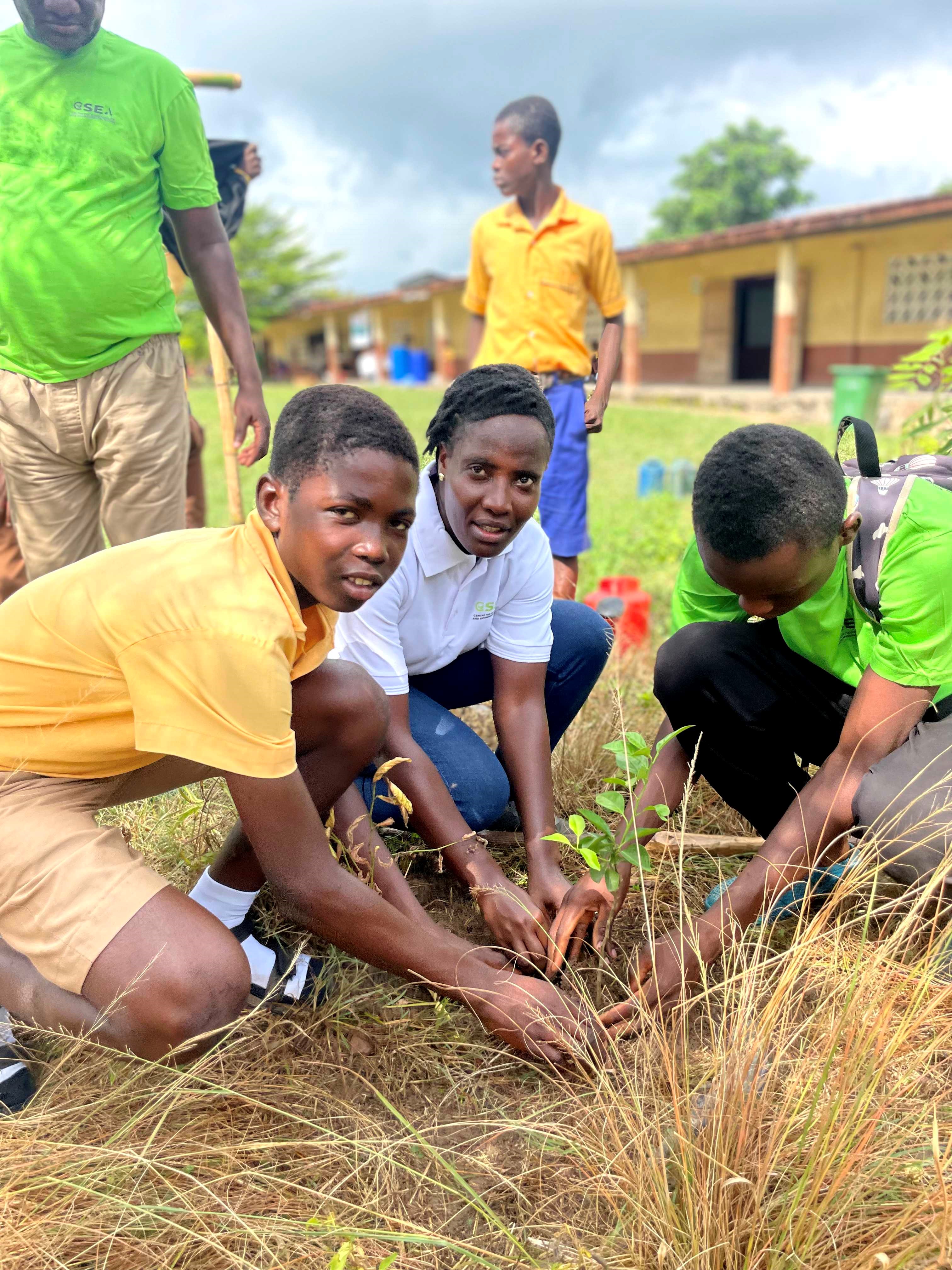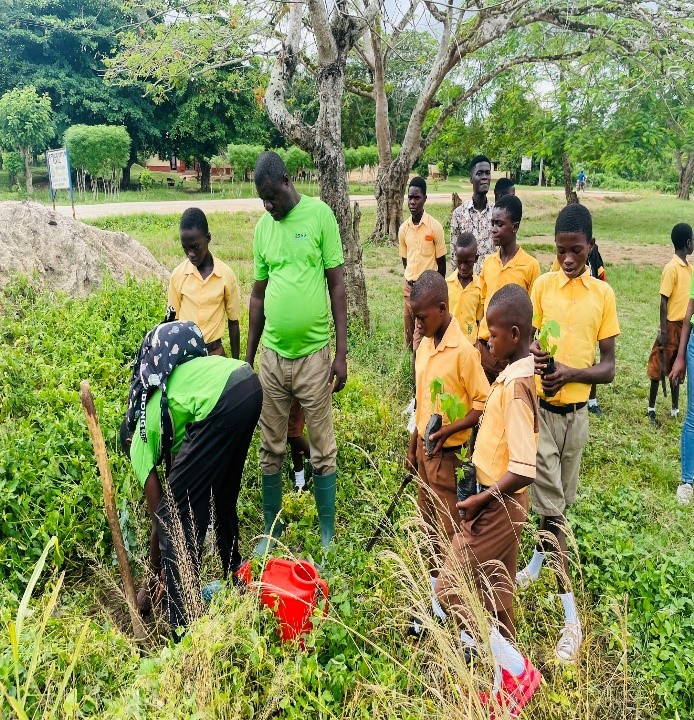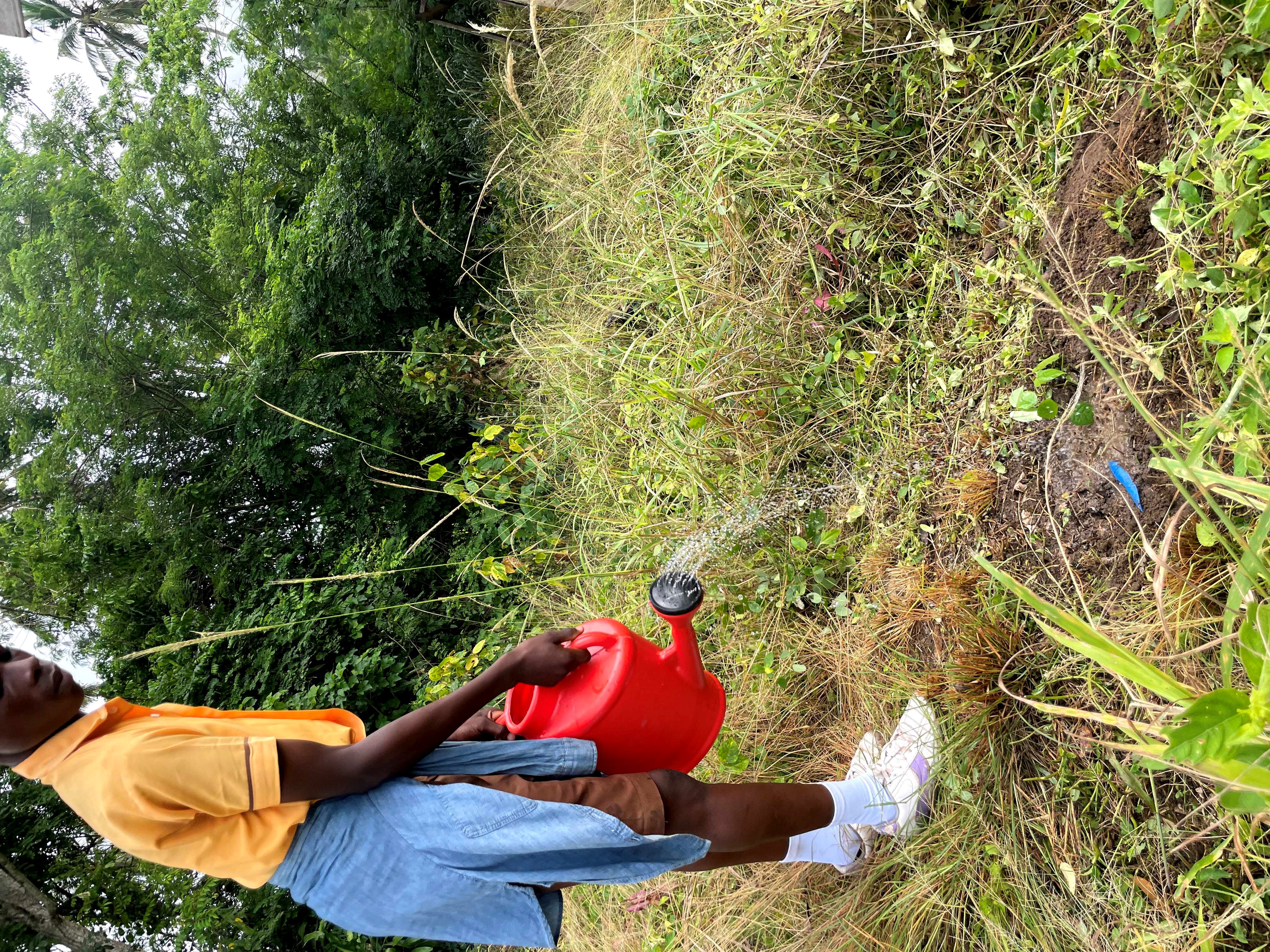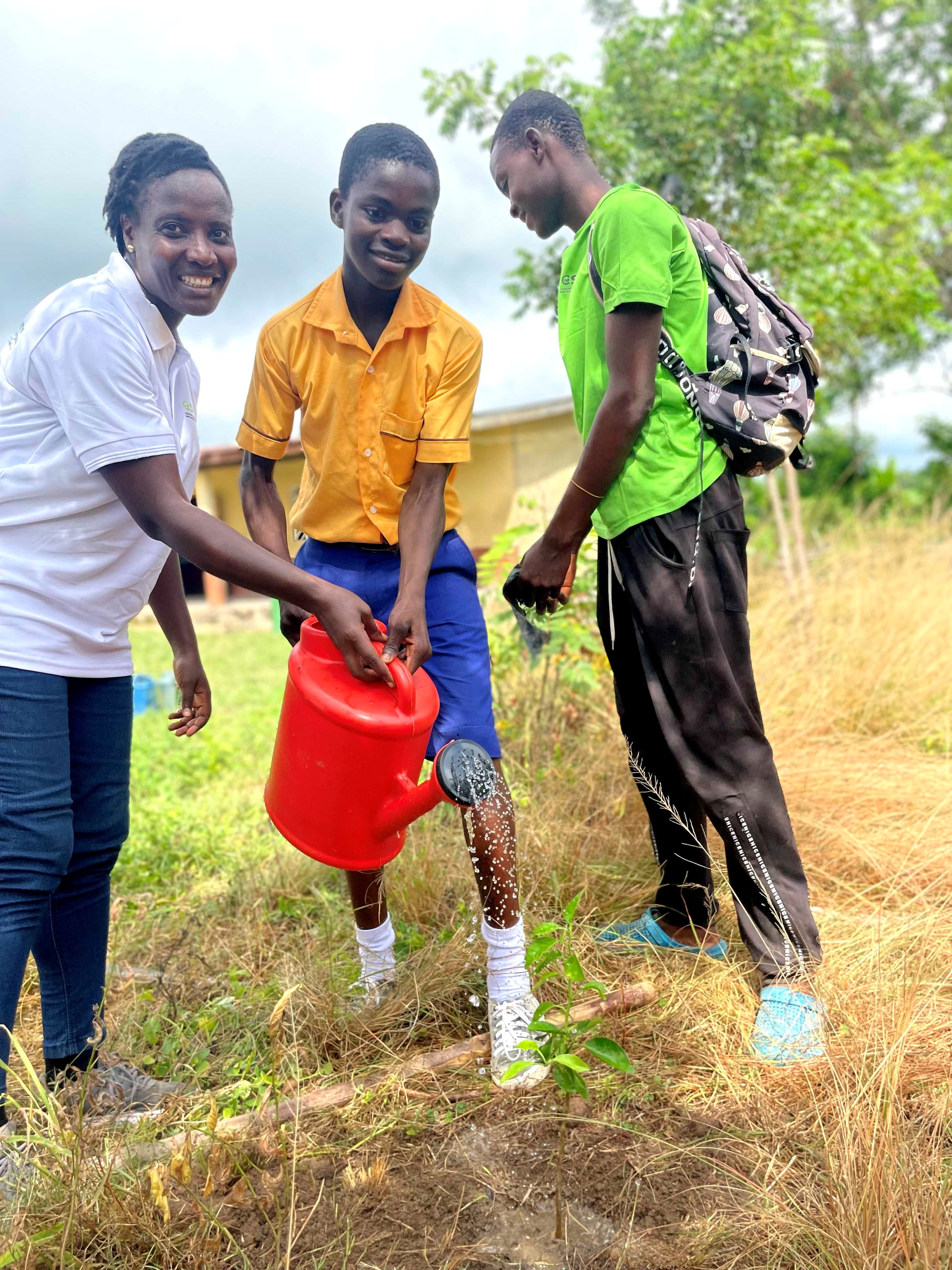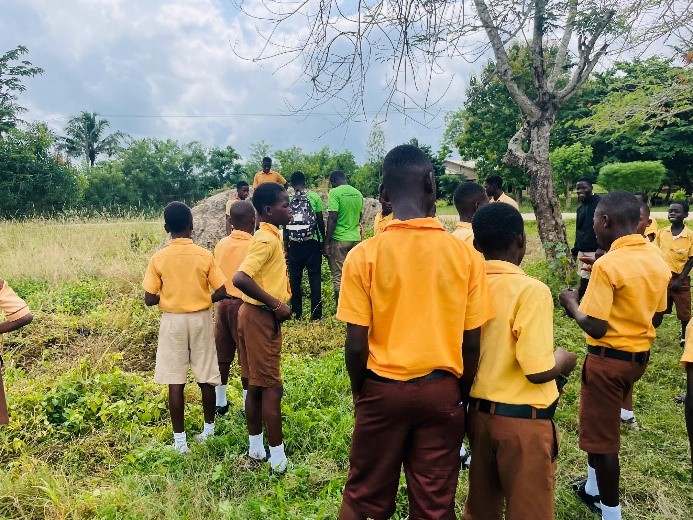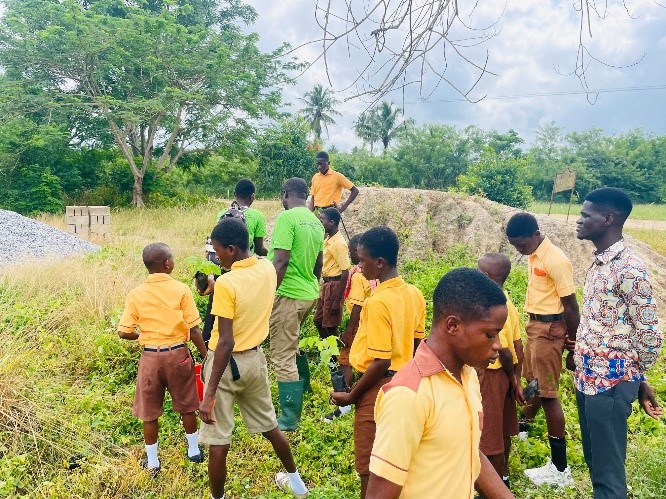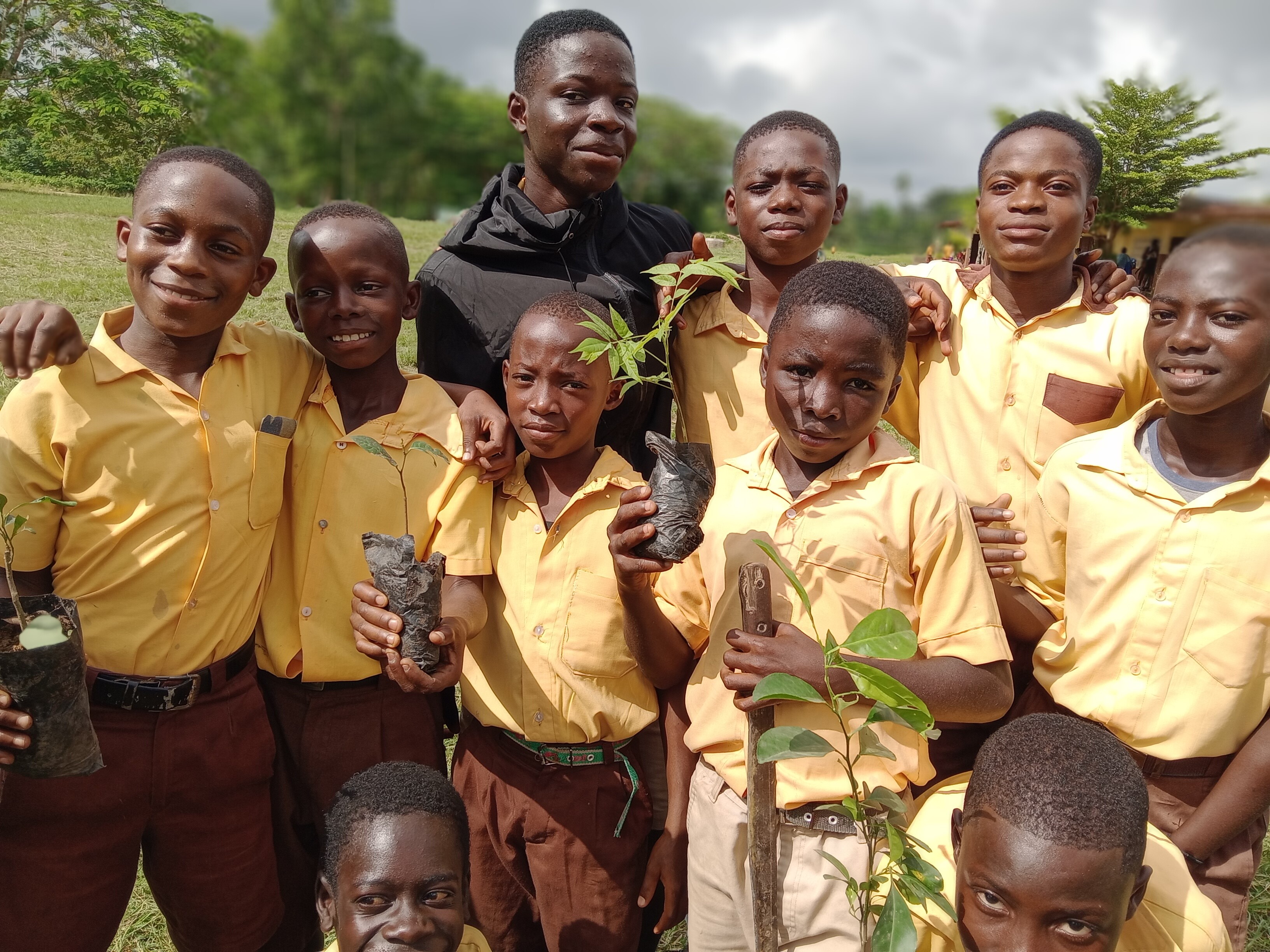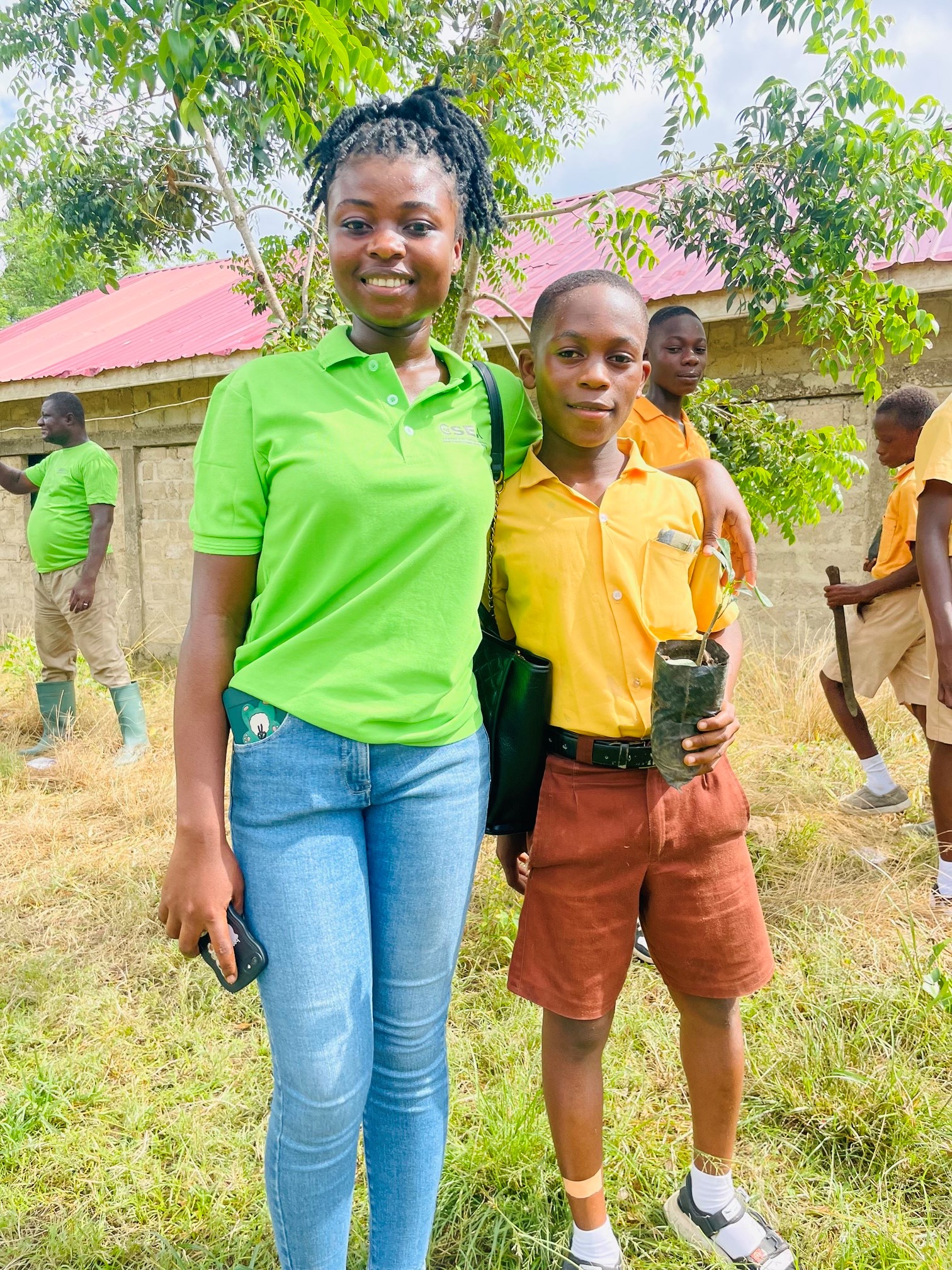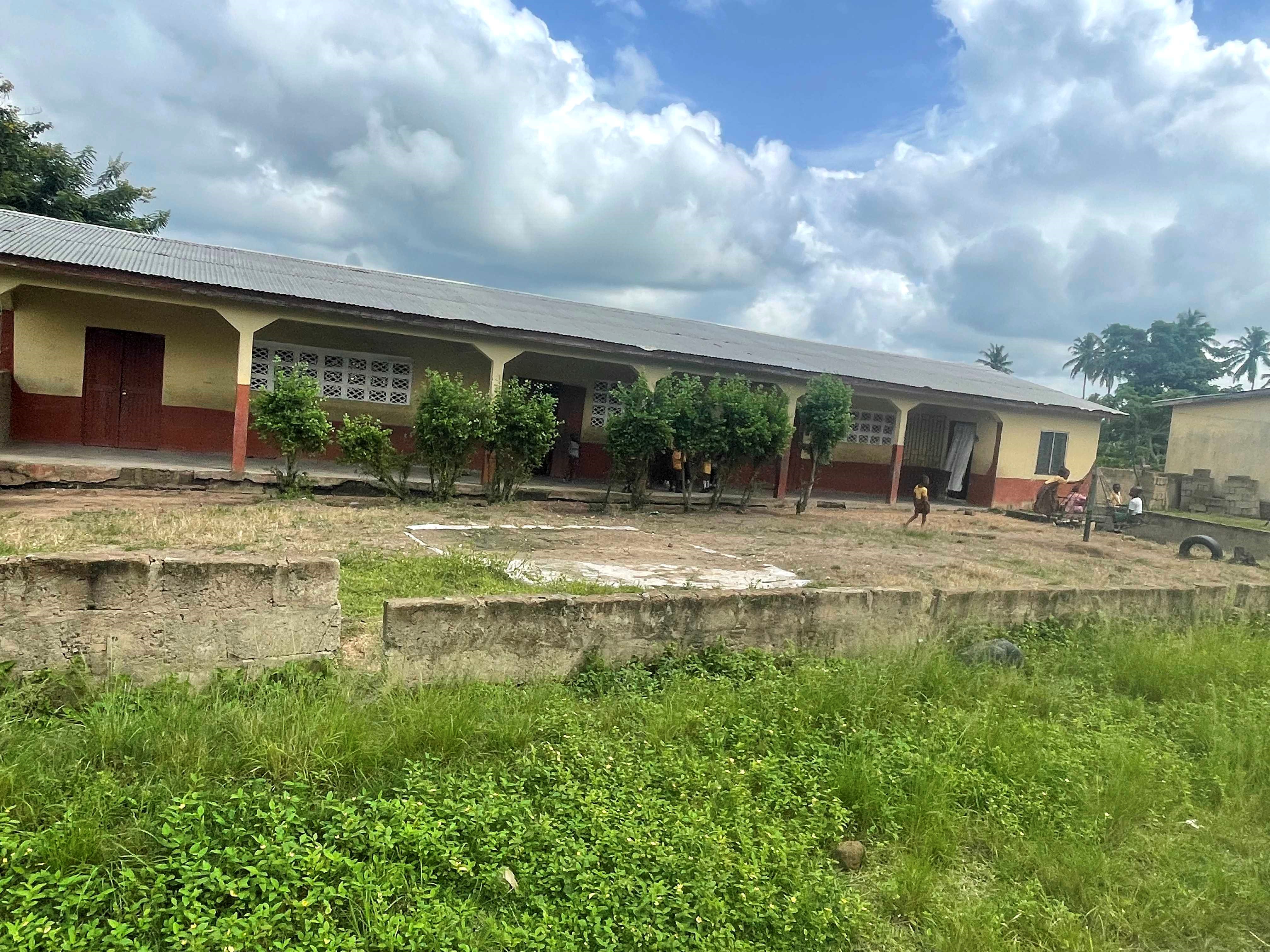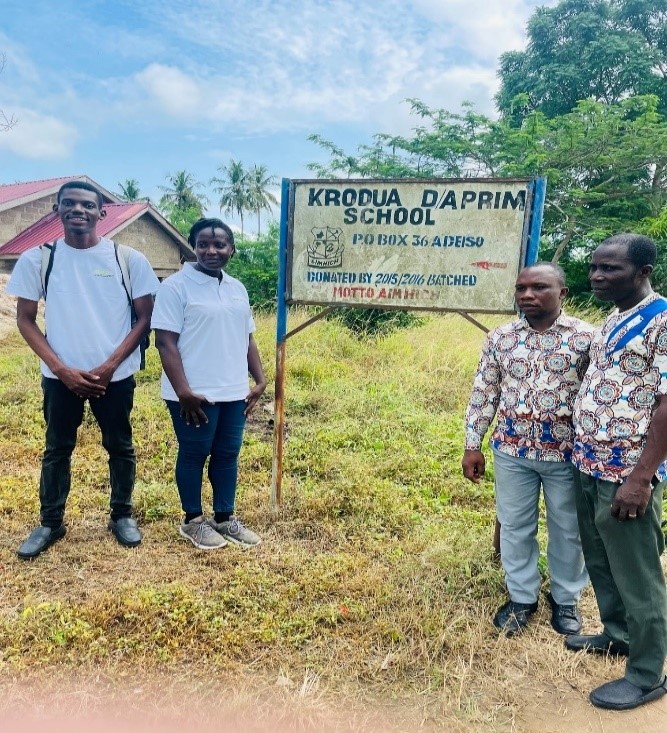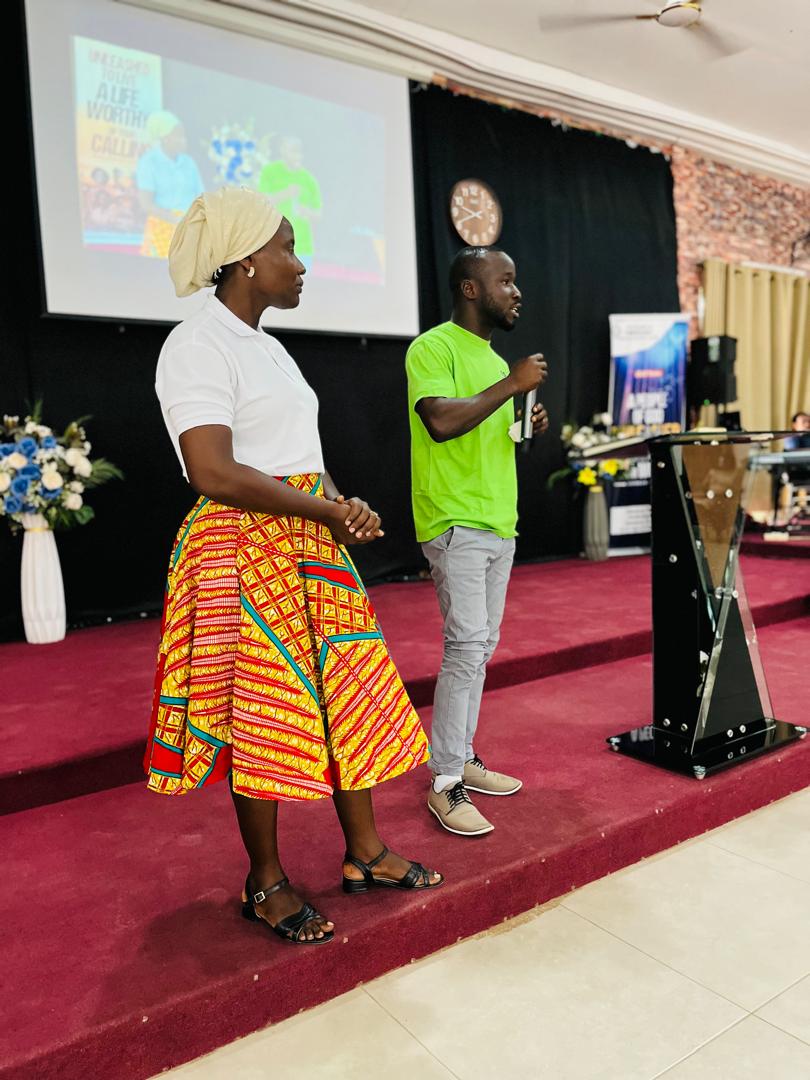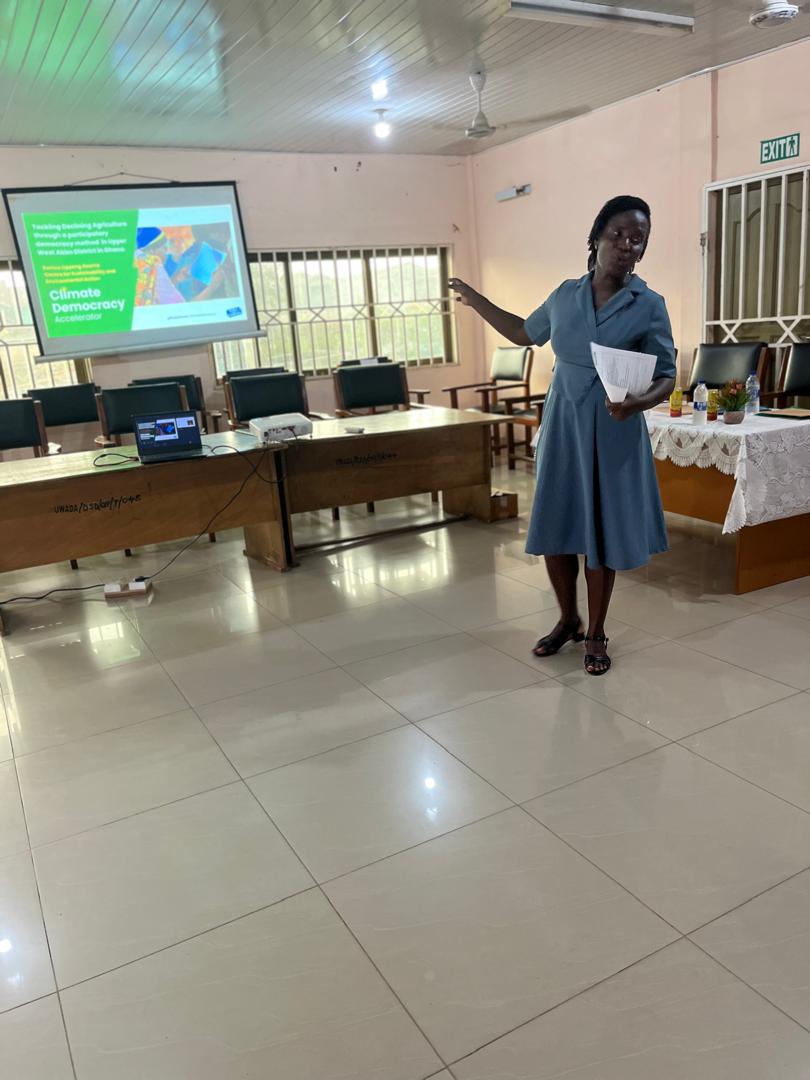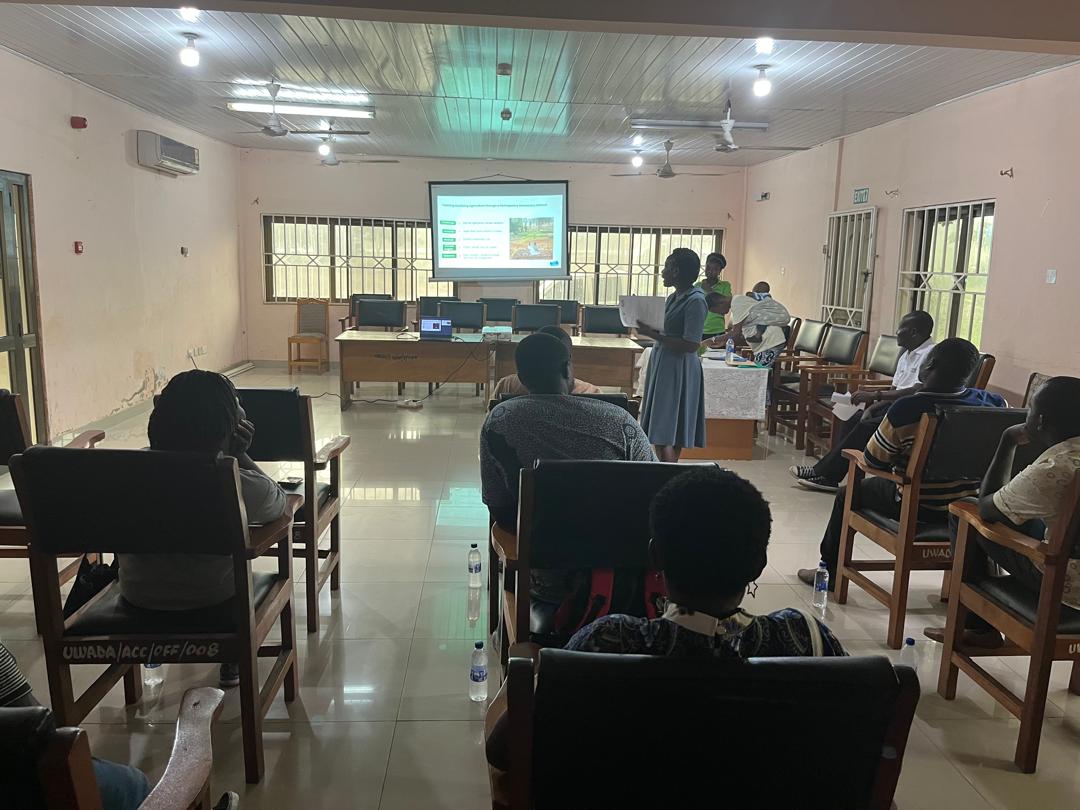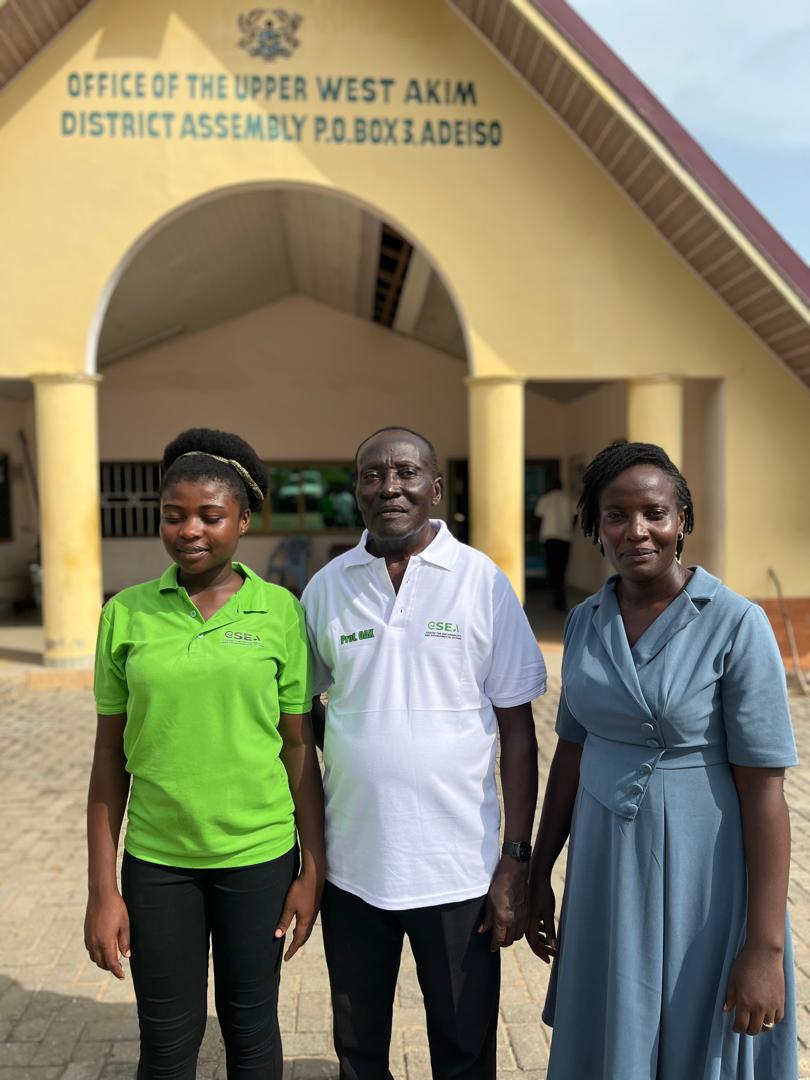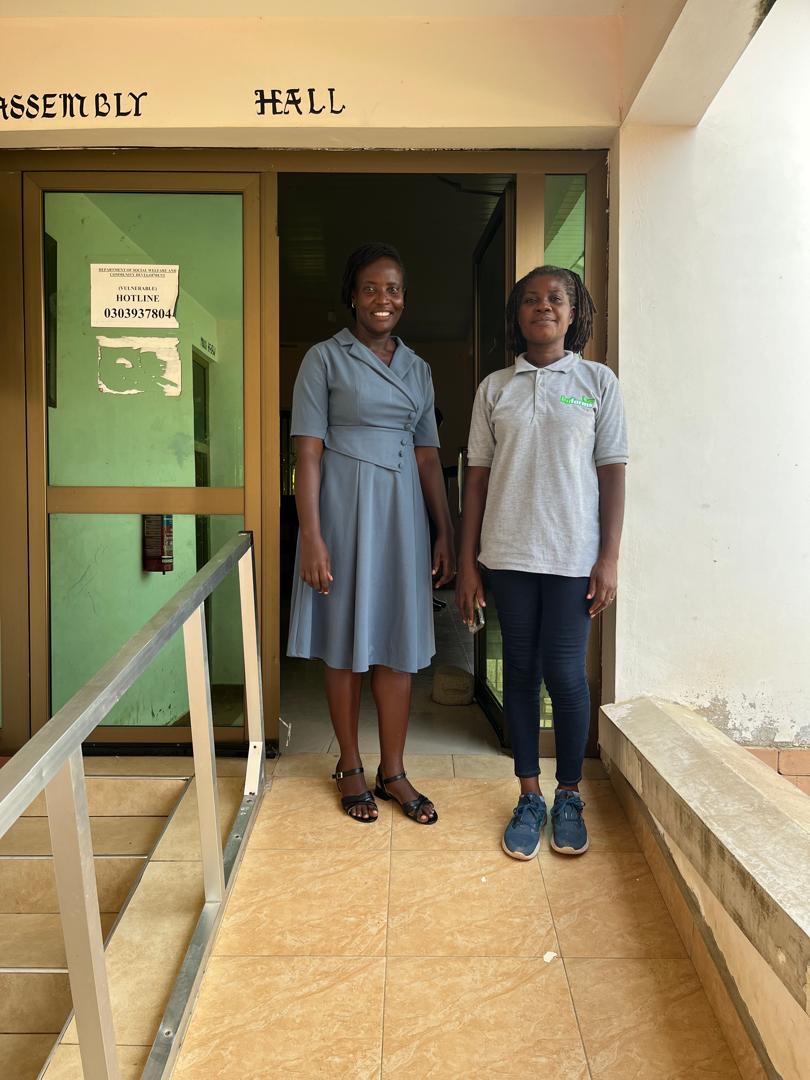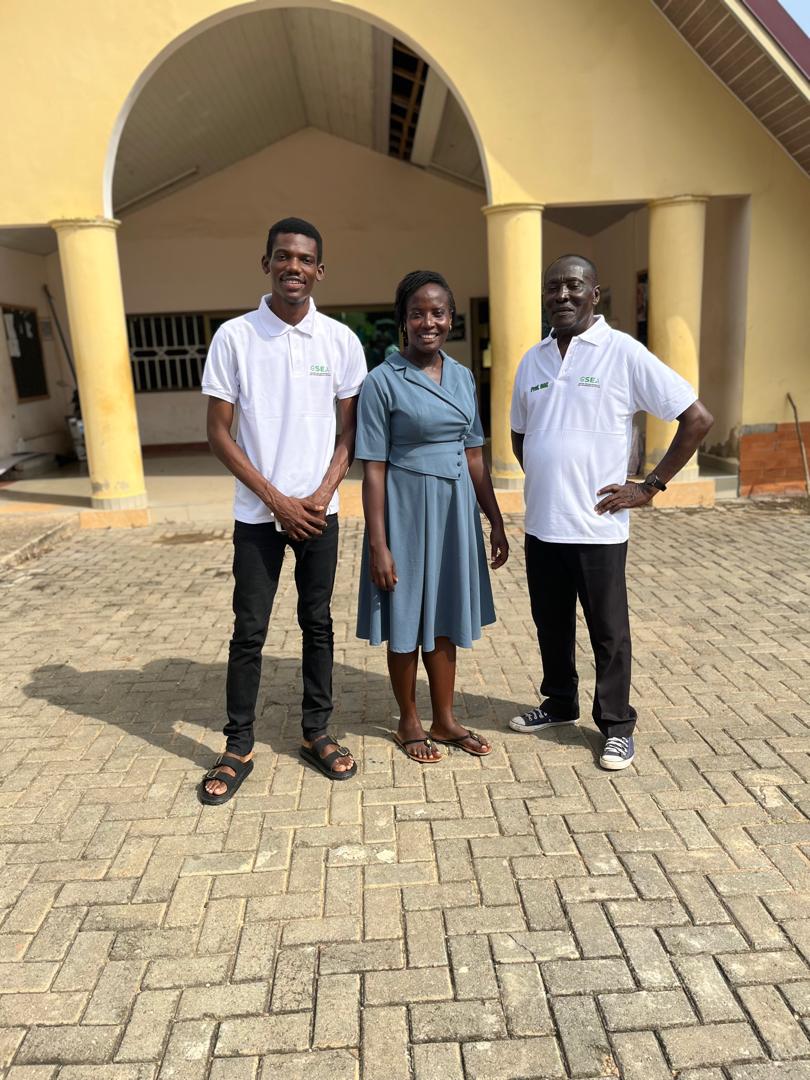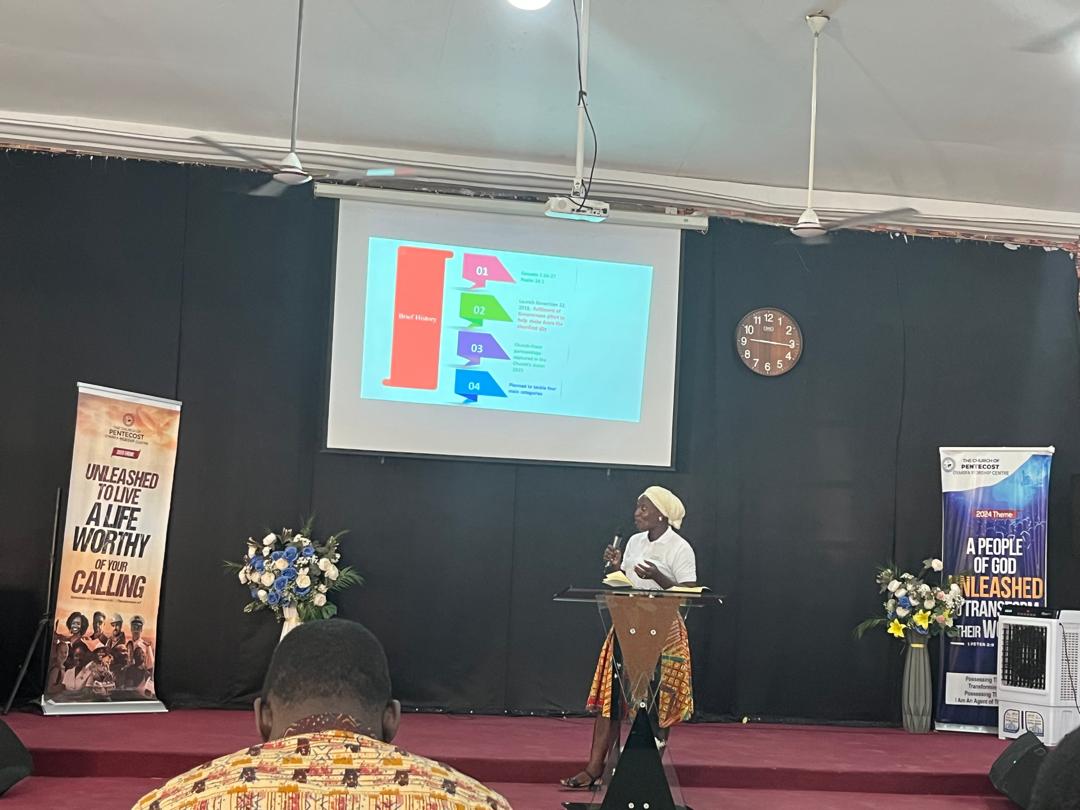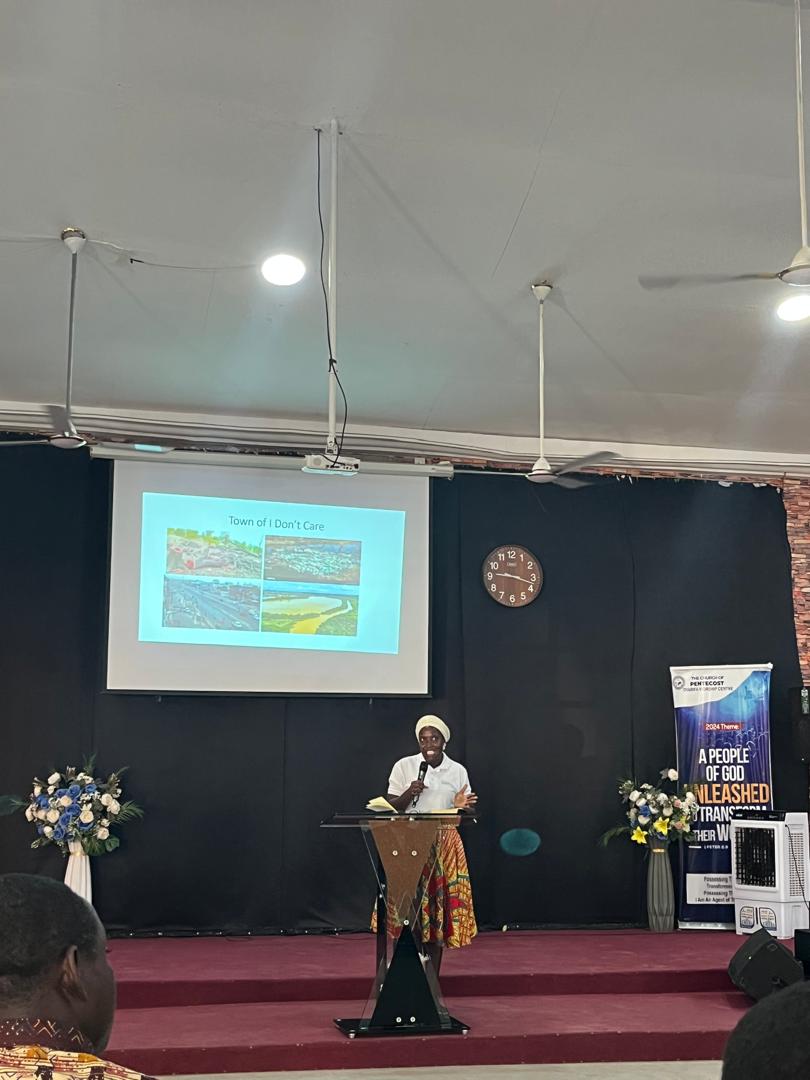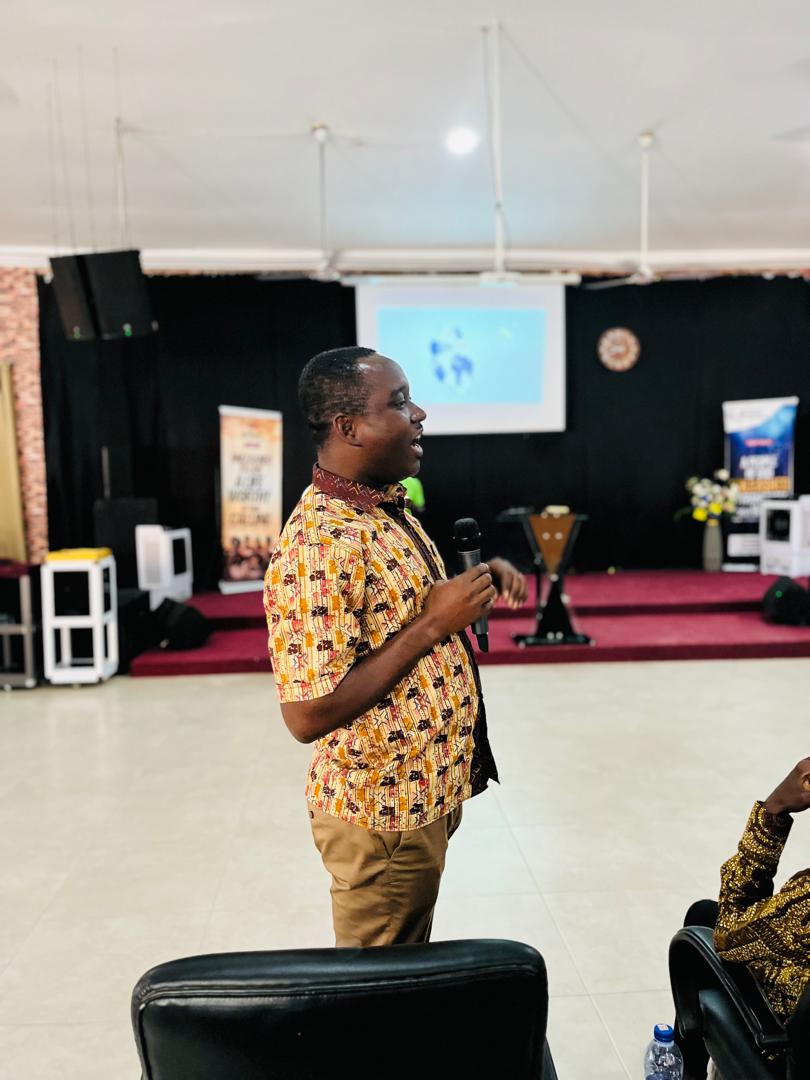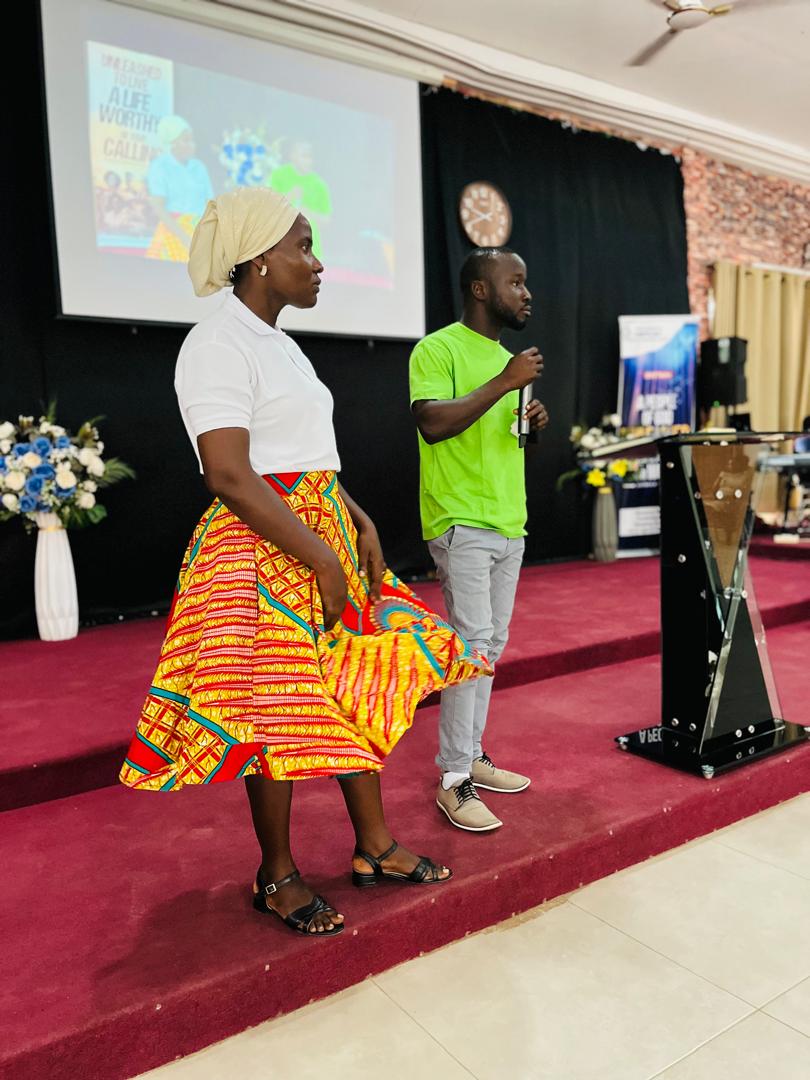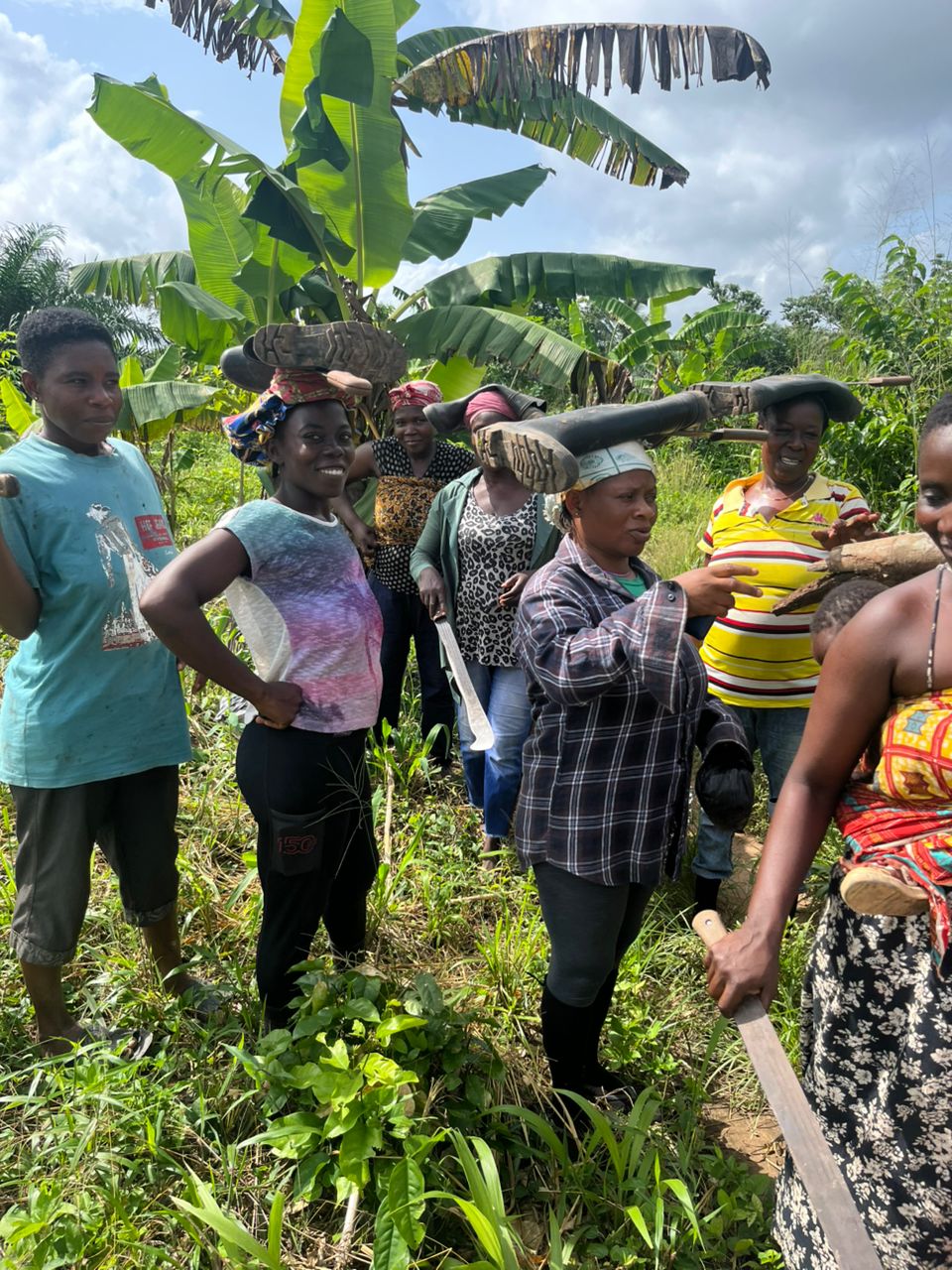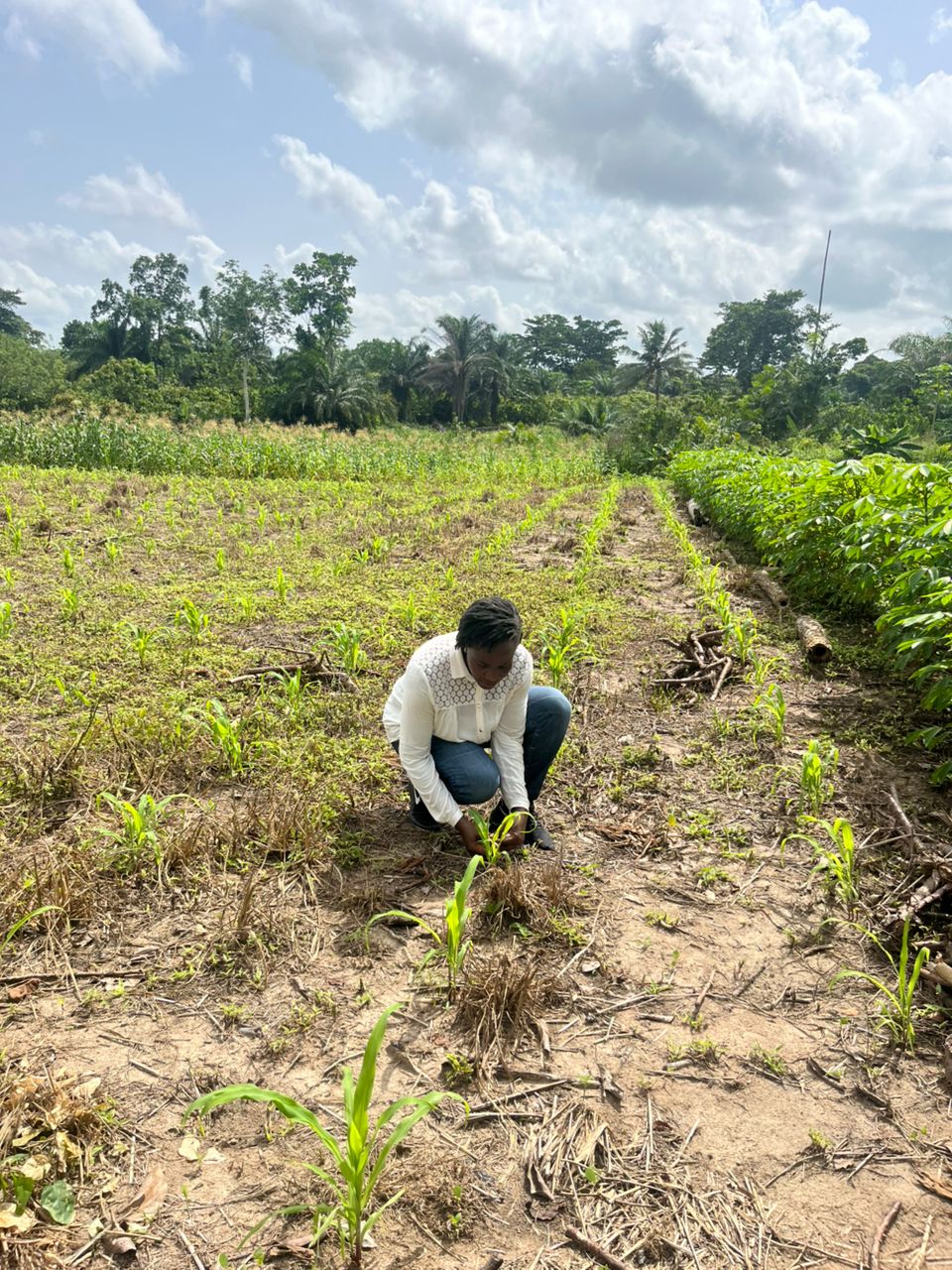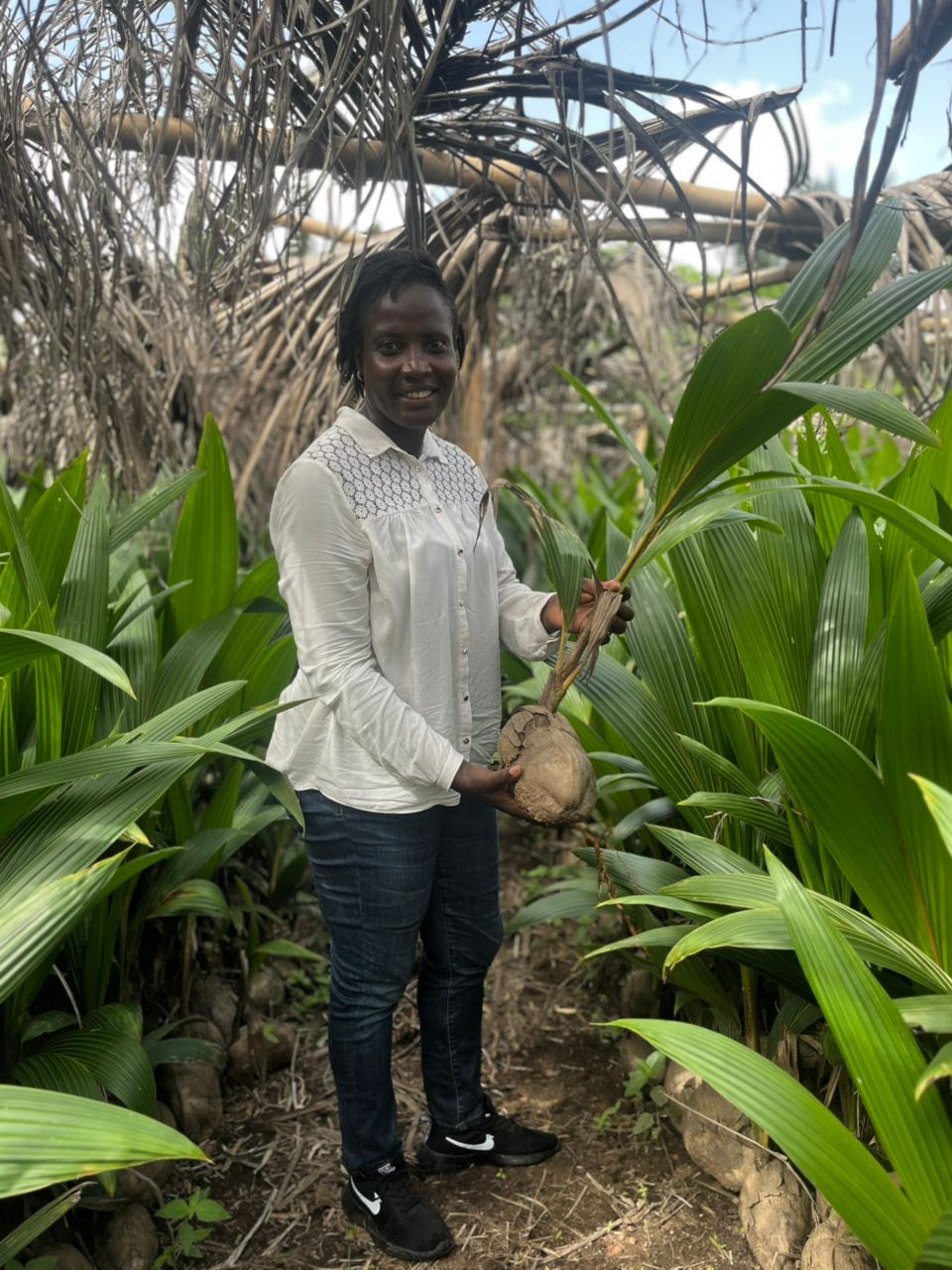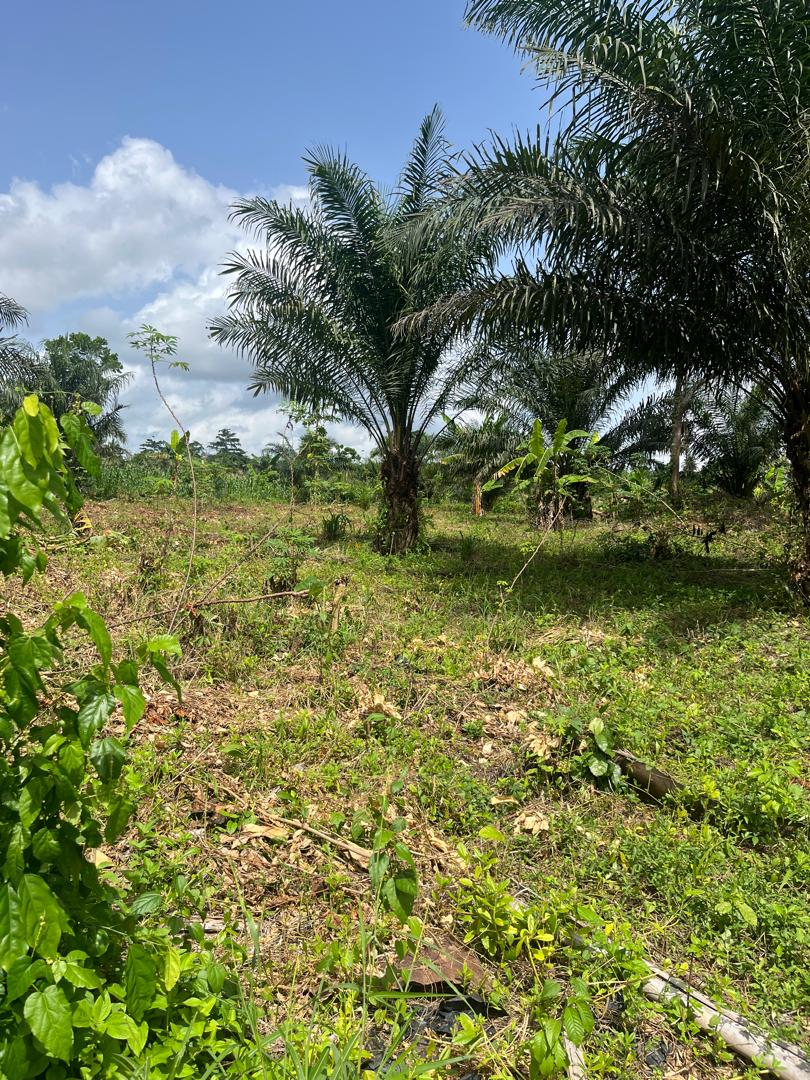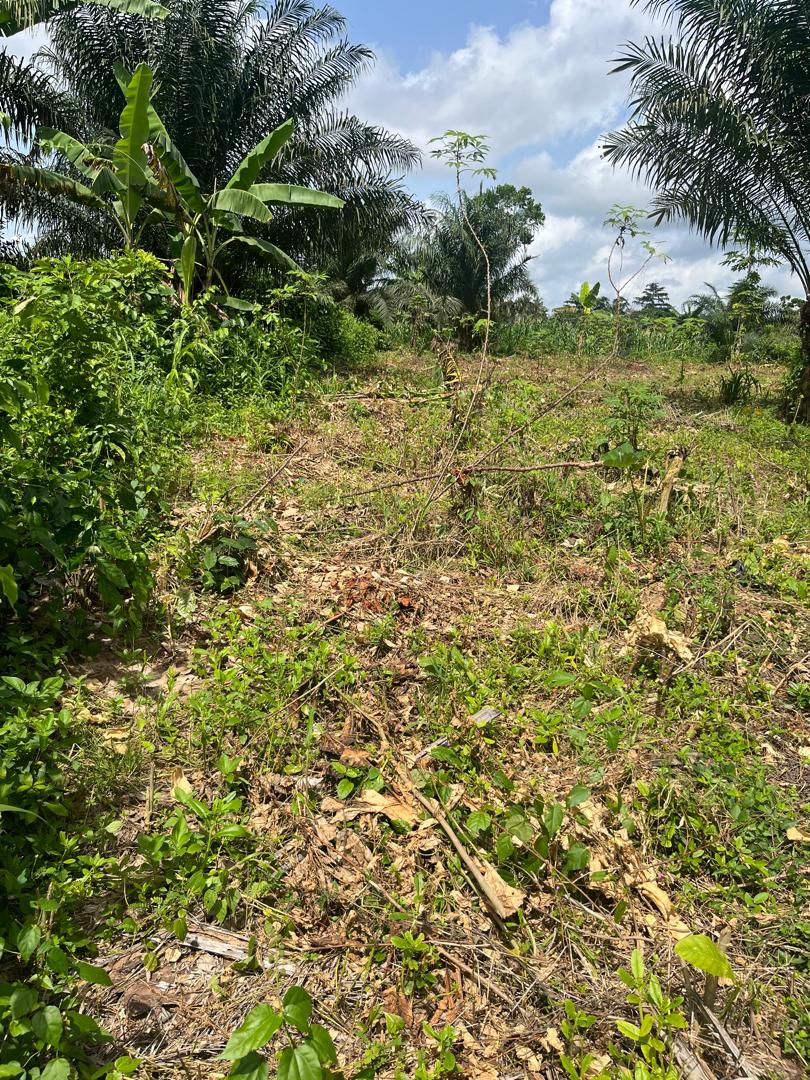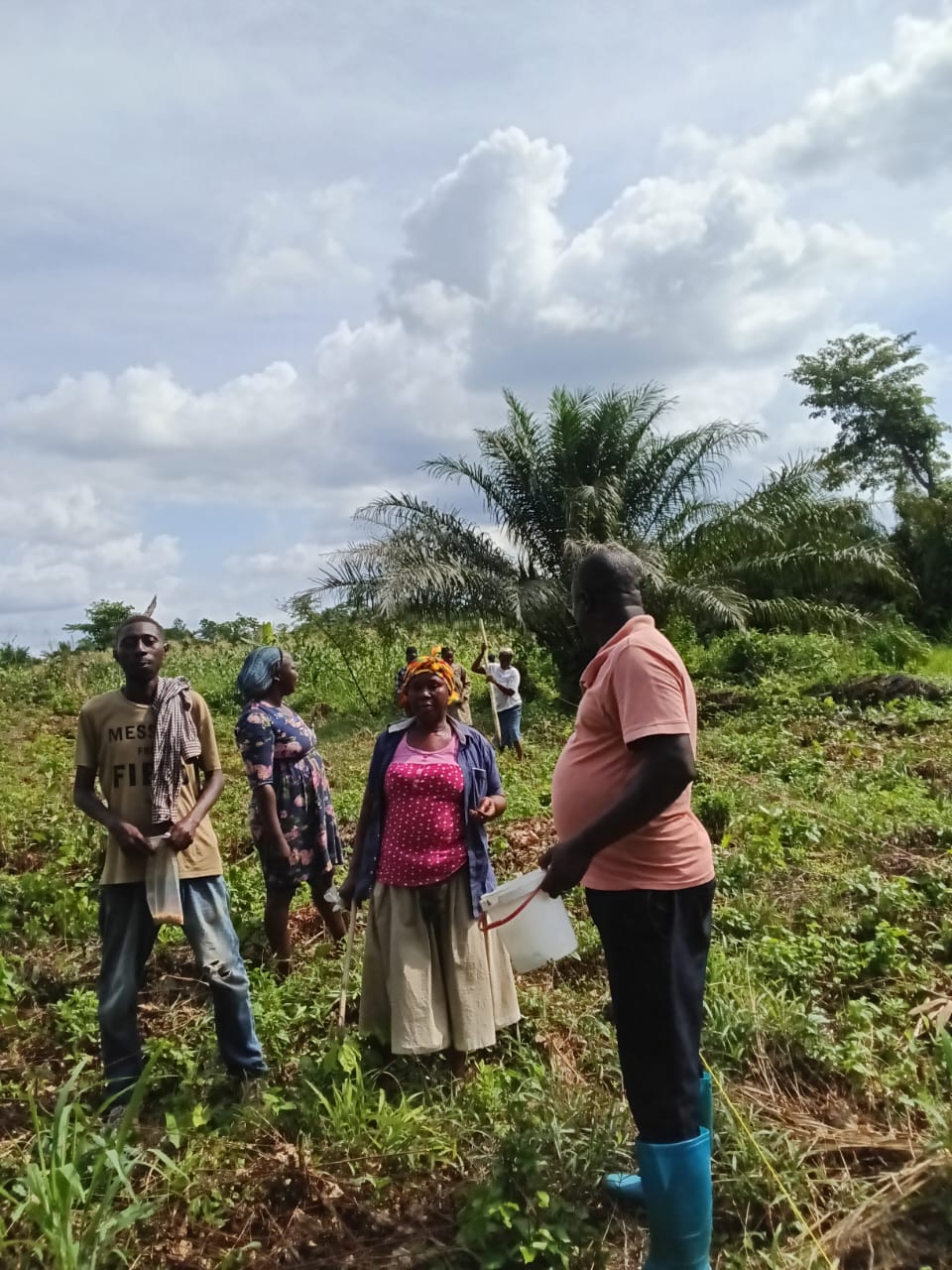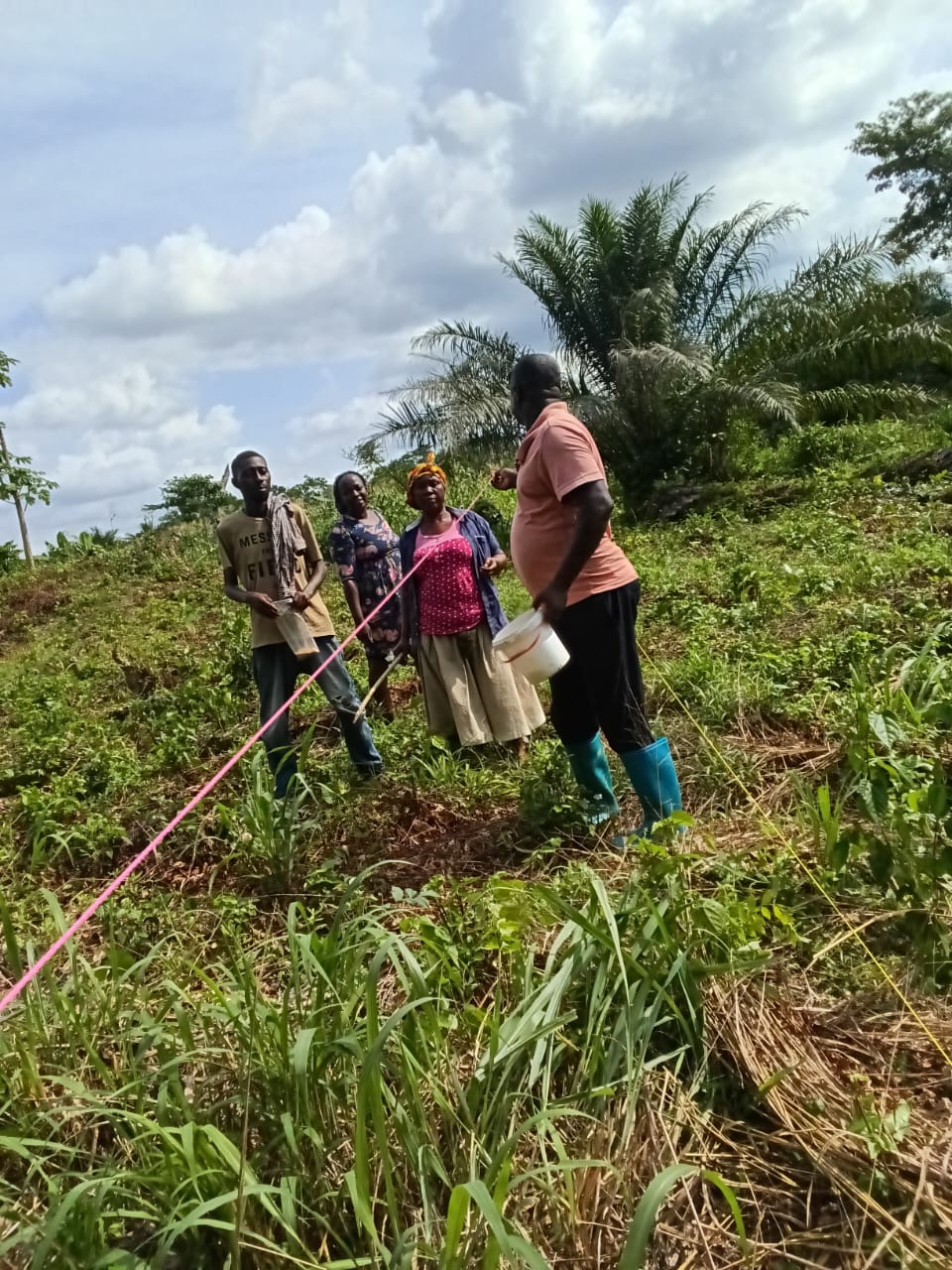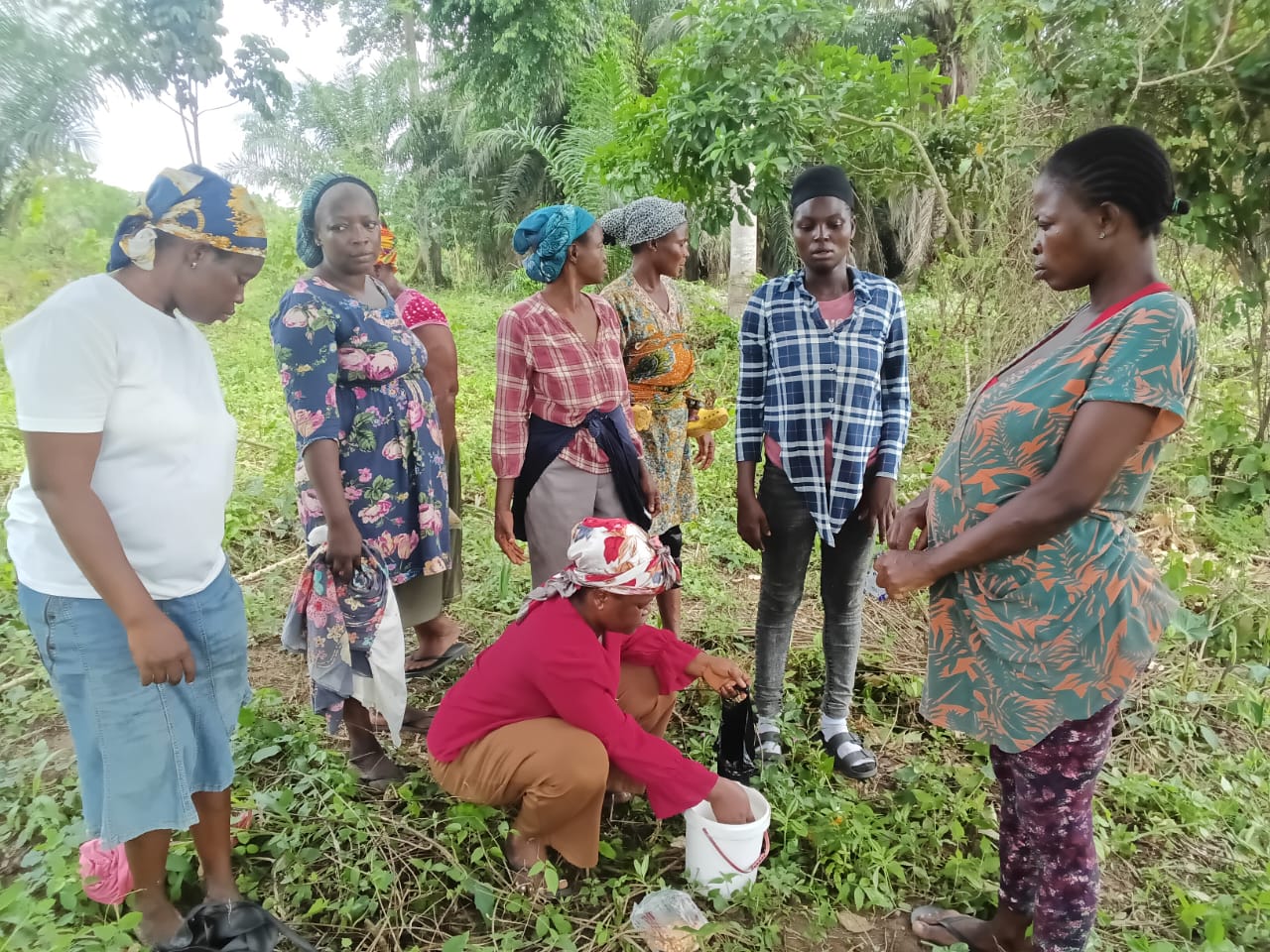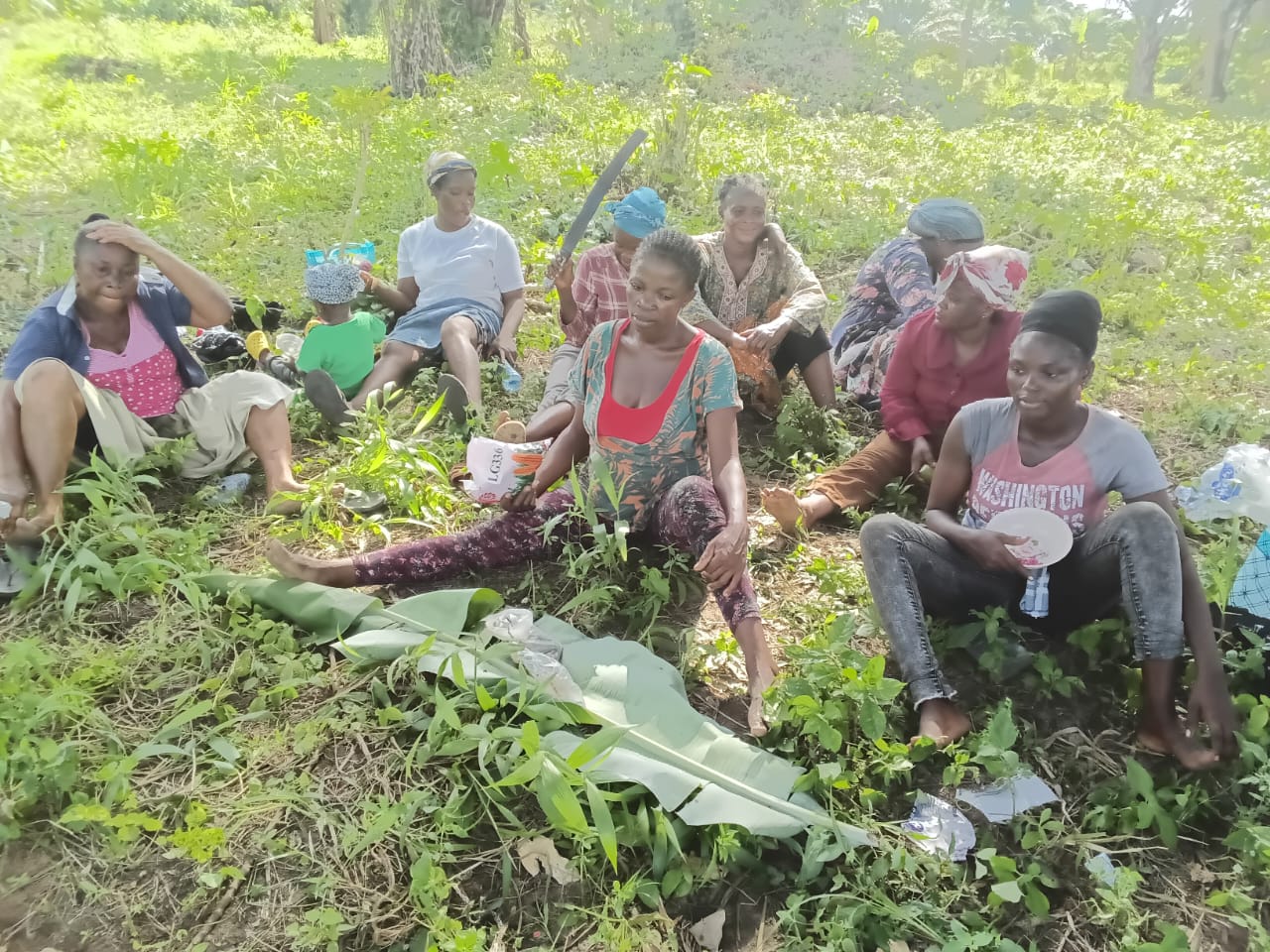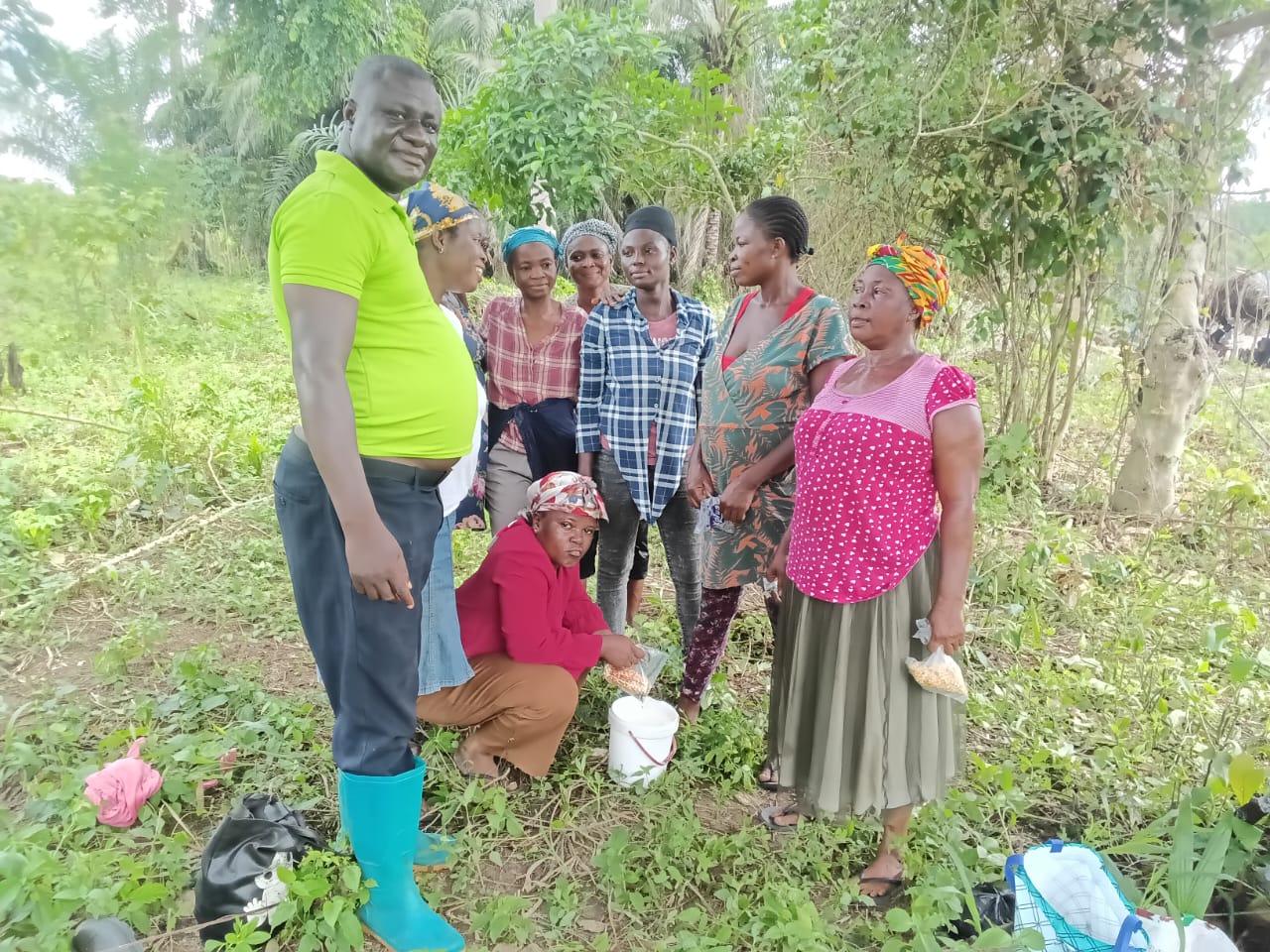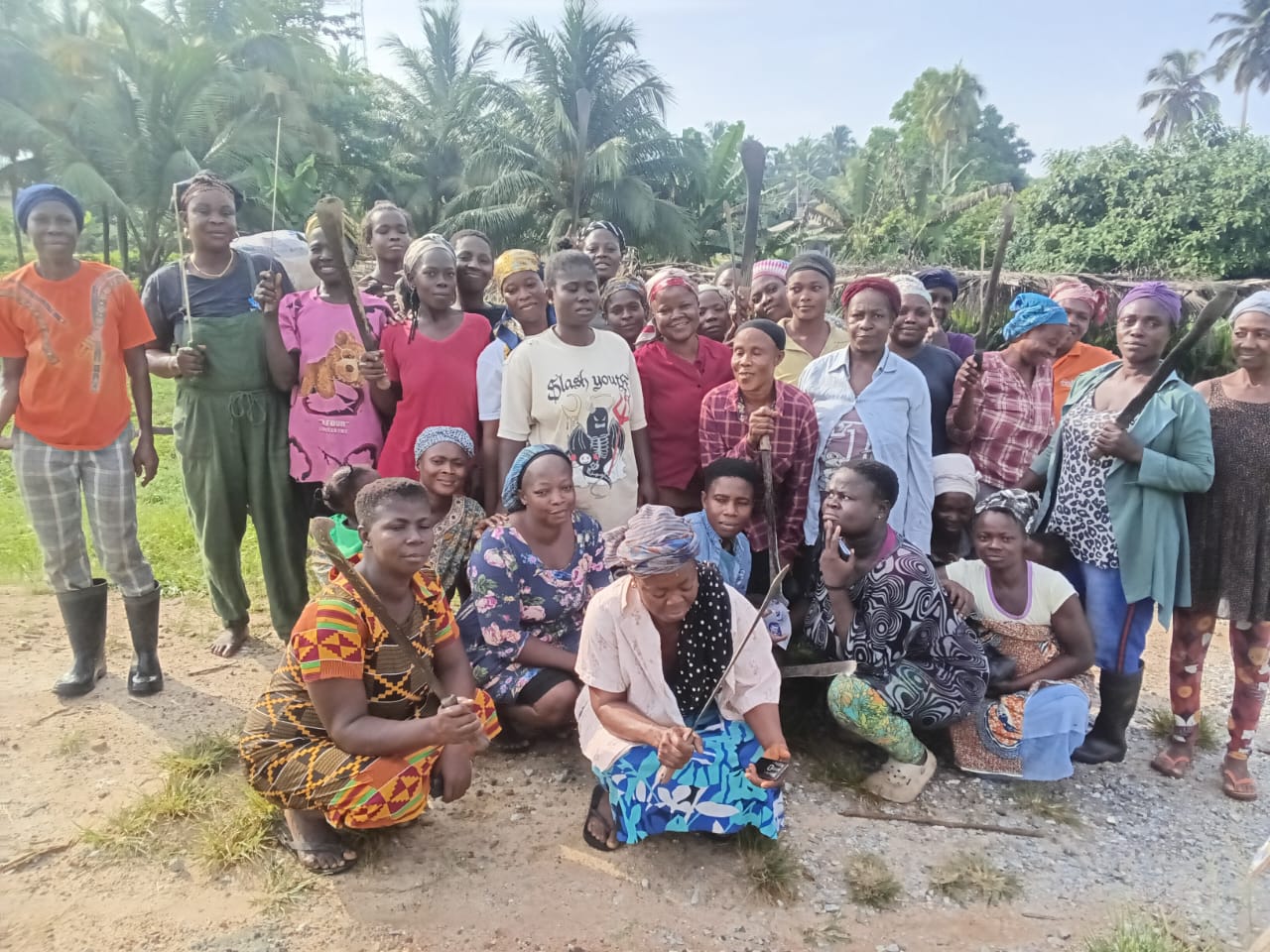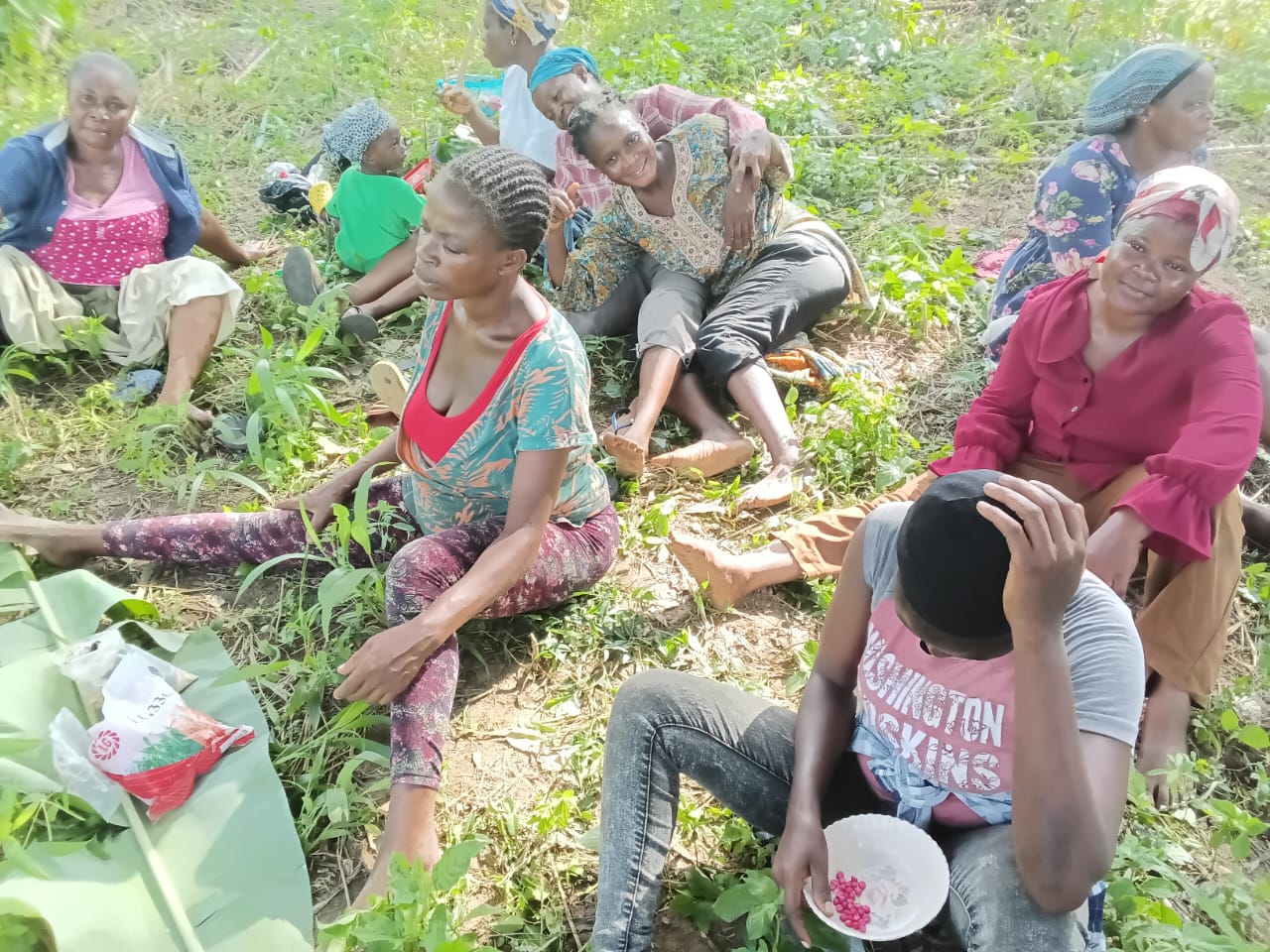About
The Centre for Sustainability and Environmental Action (CSEA) is a registered non-profit organisation that promotes environmental sustainability, effective governance, economic empowerment, inclusiveness, protection and management of natural resources through research, coalition building, education and engagement with communities and relevant stakeholders to facilitate the promotion of a healthy, safer and just society. The work of CSEA contributes to UN Sustainable Development Goals (SDGs), specifically SDGs 1, 3, 5, 6, 8, 13 and 15 and its work and services offered align with Environmental and Social (Gender) National Policies as well as alignment with Best International Practices.
The organisation is being led by Mrs Eunice Oppong Asante, supported by well qualified and experienced team members with expertise and backgrounds to develop solutions that simultaneously address economic, environmental, and social issues in a holistic manner to catalyze long-term sustainable development. We engage different stakeholder groups including communities, local authorities, the private sector, youth groups, women groups, smallholder farmers, institutions, and civil society, among others to carry out programmes that will bring transformation to sustainable climate solutions.
CSEA has also been involved in a collaborative effort with international NGOs in Durban, South Africa and Birmingham, United Kingdom (UK). CSEA continue to be involved and offer product and services in afforestation and conservation projects, recycling, and youth empowerment programmes, clean-up exercises, clean water projects, capacity building, livelihood improvement through climate change adaptation and offer clean energy for rural and remote communities.
The team have expertise and backgrounds to develop solutions that simultaneously address economic, environmental, and social issues in a holistic manner to catalyze long-term sustainable development. We engage different stakeholder groups including communities, local authorities, youth groups, women groups, smallholder farmers, institutions, and civil society, among others towards to carry out programmes that will improve health and bring transformation to sustainable climate solutions. We have over the years, led several projects and undertaken research,innovation and enterpreneurship, afforestation and restoration projects, tree planting, clean-up exercises, clean water projects, capacity building, Gender talk series and conservation.
Our Mission
The mission of the Centre for Sustainability and Environmental Action (CSEA) is to promote environmental sustainability, effective governance, economic empowerment, inclusiveness, and the protection and management of natural resources. Through research, coalition building, education, and engagement with communities and stakeholders, we aim to facilitate the promotion of a healthy, safer, and more just society.
Our Vision
Our vision is to create a world where communities thrive in harmony with their environment, where governance is transparent and inclusive, and where economic development is balanced with environmental stewardship. We envision a future where every individual has access to clean water, clean air, and opportunities for economic advancement, regardless of their background or location.
Our Values
Our Community
Our people
Client relationships
Accountability
Research and Education (Scientific Evidence)
A healthy environment
Safe society
The Citizens’ Assembly Program
LAUNCH ANNOUNCEMENT 📣 📣
We are thrilled to announce the launch of the Citizens’ Assembly Program in the Upper West Akim District—an initiative by the Centre for Sustainability and Environmental Action (CSEA), in collaboration with the Ministry of Food and Agriculture and supported by People Powered.
This pioneering program puts participatory democracy into action, offering a practical and inclusive platform to address one of Ghana’s most pressing challenges—declining agricultural productivity.
Ghana’s agriculture sector continues to face the impact of climate variability, unsustainable farming practices, and over-reliance on rain-fed systems. These factors have contributed to lower crop yields, growing food insecurity, and increased economic pressure on farmers.
Through the Citizens' Assembly tool, we are creating a space where diverse voices—randomly selected ordinary citizens, including farmers, and key stakeholders such as climate and soil scientists, civil society organizations, and decision-makers—can come together to learn, deliberate, and co-create actionable policy recommendations that drive real change.
The outcomes of this process will feed directly into local and national strategies aimed at building resilient, sustainable agricultural systems and protecting livelihoods.
Services
CSEA : Our work is centred around - What we do
Capacity Building, Training and Leadership
Capacity building, training, and leadership programs are designed to enhance individuals' skills, knowledge, and capabilities, empowering them to take on leadership roles and drive positive change within their organizations or communities.
Environmental, Education and Awareness Creation
Environmental education and awareness creation play crucial roles in fostering a deeper understanding of our interconnectedness with the natural world and empowering individuals and communities to take informed actions towards conservation and sustainability.
Youth and Women Empowerment
Youth and women empowerment are crucial for sustainable development, as they contribute to building resilient communities and fostering inclusive growth. Empowering young people and women involves providing access to education, skills training, and economic opportunities, enabling them to participate fully in decision-making processes and become agents of positive change. By investing in youth and women, societies can harness their potential to drive innovation, promote social equity, and address pressing global challenges, including poverty, inequality, and environmental degradation.
Climate Change
Climate change, driven by human activities such as the burning of fossil fuels, is causing profound disruptions to the Earth's climate system, with far-reaching consequences for ecosystems and societies worldwide..
Policy Dialogue and Engagement
Policy dialogue and engagement serve as essential mechanisms for fostering collaboration and consensus-building among stakeholders to address complex environmental challenges, enabling the development of effective and equitable policies and strategies for sustainable development.
Pollution and Waste
Pollution and waste pose significant threats to environmental and human health, with diverse sources ranging from industrial emissions to plastic pollution. Addressing these issues requires comprehensive strategies that encompass pollution prevention, waste reduction, recycling, and the adoption of cleaner technologies to minimize their adverse impacts on ecosystems and communities.
Biodiversity and Conservation
Biodiversity, the variety of life on Earth, is fundamental to ecosystem functioning and human well-being. Conservation efforts aimed at protecting biodiversity involve preserving habitats, preventing species extinction, and promoting sustainable land and resource management practices. By safeguarding biodiversity, we not only maintain the resilience of ecosystems but also ensure the continued provision of vital ecosystem services, such as clean air, water, and food, upon which human societies depend.
Innovation and Entrepreneurship
Innovation and entrepreneurship are pivotal in addressing environmental challenges and fostering sustainable development. By harnessing creativity and technology, entrepreneurs can develop novel solutions for resource efficiency, renewable energy, waste management, and conservation. These innovations not only drive economic growth but also contribute to environmental protection and social progress, paving the way for a more sustainable future.
Environmental and Social Risk Management
Environmental and social risk management involves identifying, assessing, and mitigating potential adverse impacts on both the environment and communities affected by business activities. This process encompasses various aspects such as conducting environmental impact assessments, engaging with stakeholders, implementing mitigation measures, and monitoring performance to ensure compliance with environmental regulations and social standards. By proactively addressing these risks, businesses can enhance their sustainability credentials, minimize reputational damage, and foster positive relationships with stakeholders.
Sustainable Agriculture and Forest Restoration
Sustainable agriculture and forest restoration are integral components of efforts to promote environmental conservation and mitigate climate change. Sustainable agriculture practices focus on maximizing productivity while minimizing environmental impacts, such as soil erosion and chemical pollution, through methods like agroforestry, crop rotation, and organic farming. Forest restoration initiatives aim to replenish degraded landscapes, enhance biodiversity, and sequester carbon by planting trees, restoring habitats, and implementing sustainable forestry practices. By prioritizing these approaches, we can ensure the long-term health and resilience of ecosystems while supporting local livelihoods and food security.
ADVISORY BOARD


Mrs Eunice Oppong Asante
Chief Executive Officer (CEO) of the Centre for Sustainability and Environmental Action(CSEA)


Dr George Acheampong
Team
The organisation is being led by Mrs Eunice Oppong Asante, supported by well qualified and experienced team members with expertise and backgrounds to develop solutions that simultaneously address economic, environmental, and social issues in a holistic manner to catalyze long-term sustainable development. We engage different stakeholder groups including communities, local authorities, the private sector, youth groups, women groups, smallholder farmers, institutions, and civil society, among others to carry out programmes that will bring transformation to sustainable climate solutions

Mrs Eunice Oppong Asante
Chief Executive Officer (CEO) of the Centre for Sustainability and Environmental Action(CSEA)
Michael Asante Biney (Ph.D. Scholar)
Director of the Centre for Sustainability and Environmental Action (CSEA).




videos
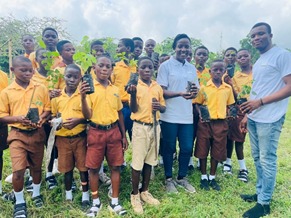
CLICK HERE TO PLAY VIDEO
Impactful Tree Planting and Environmental Education Program at Kodua D/A Primary School
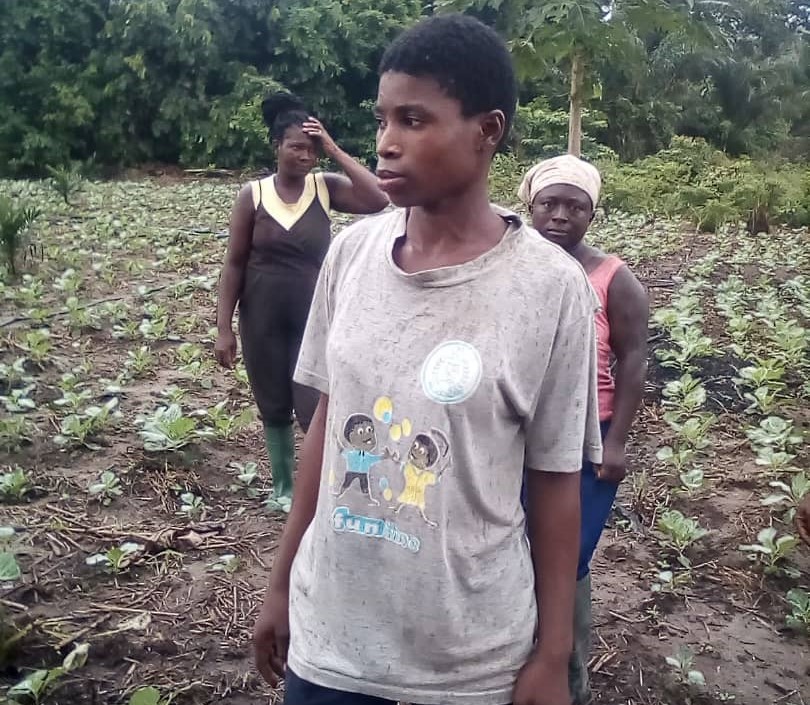
CLICK HERE TO PLAY VIDEO
Empowering Women Farmers in Agric at Takorase Community in the Upper West Municipal Assembly
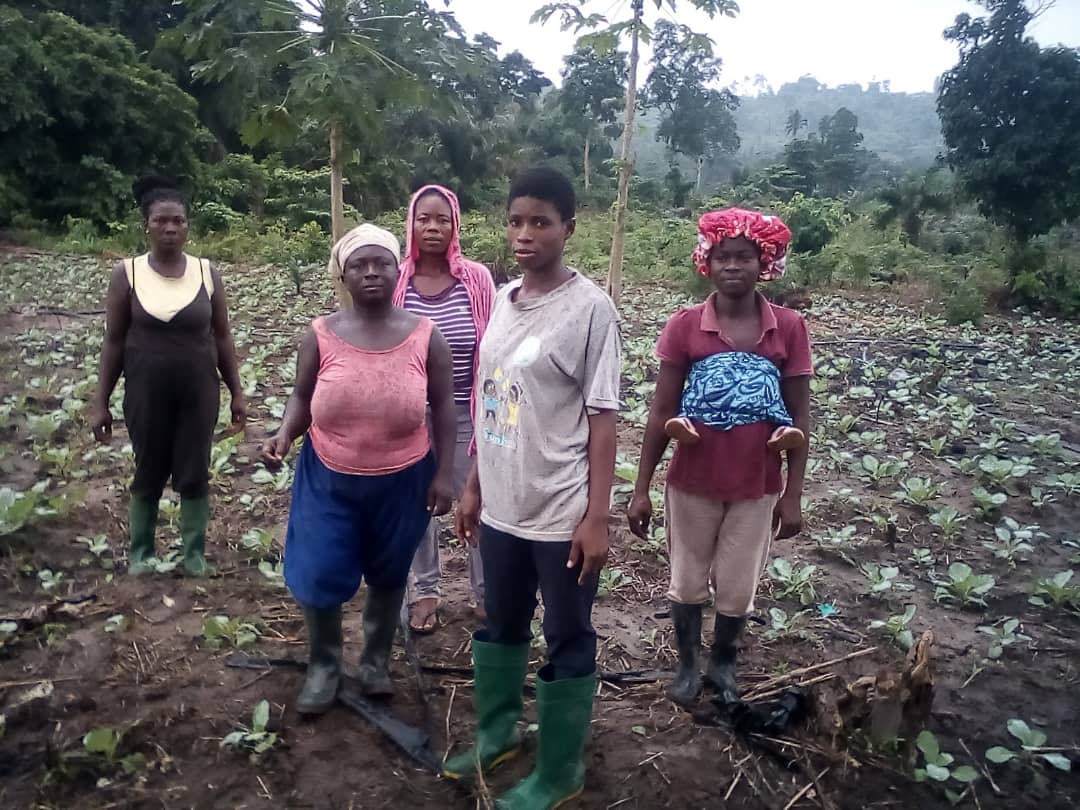
CLICK HERE TO PLAY VIDEO
Empowering Women Farmers in Agric at Takorase Community in the Upper West Municipal Assembly
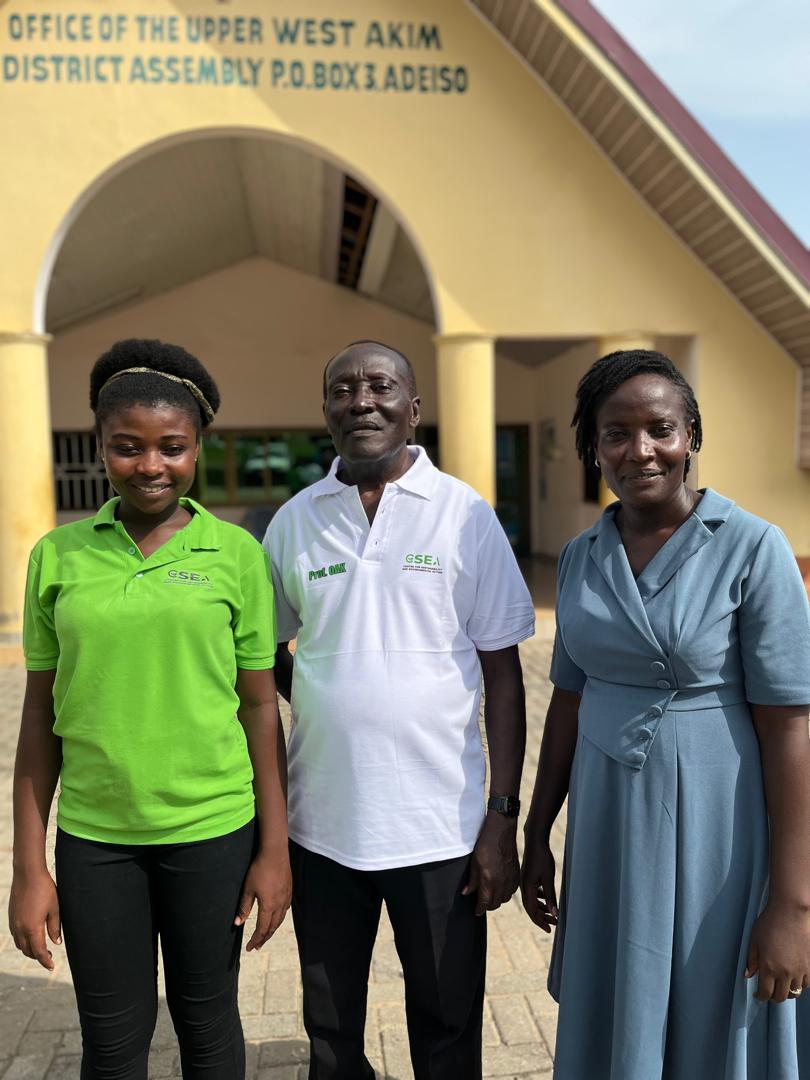
CLICK HERE TO PLAY VIDEO
The Citizens’ Assembly Program in the Upper West Akim District
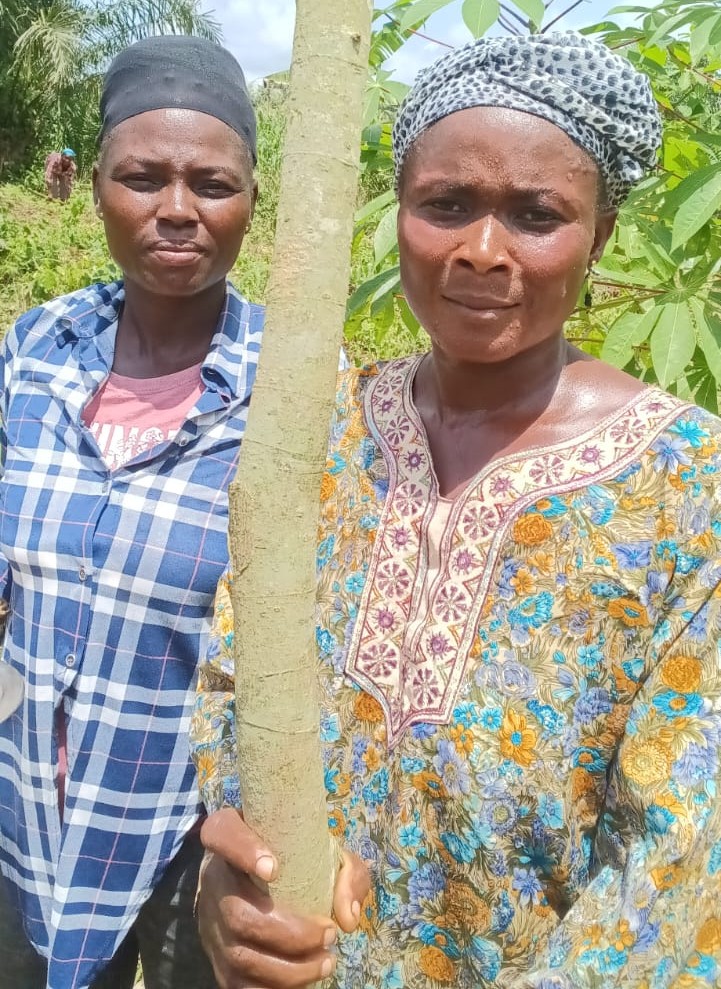
CLICK HERE TO PLAY VIDEO
Krodua, Women Empowerment Project
REPORTS
Green Ghana Day 2023 Edition - Our Forest, Our Health
World Environment Day 2023 – BEAT PLASTIC POLLUTION
CLICK HERE TO DOWNLOAD REPORT
Tree Planting and Awareness Creation at Krodua D/A Primary School
Upper-West Akim, Eastern Region, Ghana
CLICK HERE TO DOWNLOAD REPORT
“Land restoration, Desertification, and Drought Resilience” The Slogan “Our land. Our future.
We are #GenerationRestoration
CLICK HERE TO DOWNLOAD REPORT
Maiden Conference For Women In Agriculture Association
Nkubem, Agona Swedru, Central Region, Ghana
CLICK HERE TO DOWNLOAD REPORT
Tackling Declining Agriculture through Citizens’ Assembly Approach in Upper West Akim District in Ghana
Convener Meeting – Outcome Report
CLICK HERE TO DOWNLOAD REPORT
Advocacy Initiative – 2025 Environmental Care Campaign
Theme: Environmental Care – My Responsibility
CLICK HERE TO DOWNLOAD REPORT
Contact
Location:
No: 13 Dacon Street New Legon, Adenta-Accra
Call:
+233 277 325 963
+233 596 059 224
